'Marketing of #realnoevremya': eloquent speakers, paradoxical ideas, practical conclusions
Reportage from Realnoe Vremya's business event of new format
Realnoe Vremya online newspaper launches a new format of educational events for business, and the first forum in this series — 'Marketing of #realnoevremya' — was held on 28 February in Kazan. It gathered eloquent and innovative media executives, digital and PR gurus and experts in marketing. Read the details in our report.
Why online edition needs offline meetings
The modern culture centre Smena in Kazan on the last day of winter became the most representative in the Volga region expert platform in the field of marketing, communications and advertising — thanks to the forum 'Marketing of #realnoevremya'.
''Why suddenly the online newspaper has become engaged in business events? It is very important for our team, in addition to covering newsworthy events what all the media do, in addition to winning the market in terms of news content, — to fill the newspaper with meanings. That is why from the first days of the online newspaper's work we created an analytical department, which employs professional economists and marketers who analyze various branches of business and regularly publish market research. That's why from the very beginning we decided to gather the audience offline. It is important for us to establish personal contacts with our readers and with the business community. It is important for us to engage in dialogue. Initially, we introduced the format of conferences, which reflected important urgent topics. Then we introduced the format of Open Lecture, where we invited national and international speakers who shared their experience. This year we have decided to start with a new format of industry-specific training business forums, bringing the best experts in different business segments to Kazan. We constantly study with our team, visit federal professional forums several times a year, we understand how important quality knowledge and the opportunity to learn from experienced colleagues are. Now we have decided to create a platform within the framework of our project, where we will find answers to common questions together with you,'' Anna Saushina, the director of Realnoe Vremya media company, outlined the forum's mission.
Anna Saushina: ''It is important for us to establish personal contacts with our readers and with business community''
The forum consisted of several sections and round tables discussions, with the essence of which we are going to acquaint our readers. It opened with a big discussion 'Is it possible to attract customers for free, why not all advertising works?'. Arseny Ashomko, the director general of the multichannel media company Tigermilk Media, Valentina Yevtyukhina, the author of the telegram channel Digital Eva, Rodion Skryabin, the director for development at the edition Lifehacker, Sultan Safin, the founder of the company Tubetey, and forum organizer Anna Saushina were participants of the brainstorming.
''There are people who know how to get traffic even from Pinterest''
The discussion started with a question that is constantly should be addressed by the media and businesses. The development of the Internet has led to that more and more new sites regularly appear: blogs, social networks, messengers and so on. Should we strive to be ''everywhere''? What are the indicators to assess whether the platform's presence is justified?
- Arseny Ashomko
''I think that it is necessary to try. In practice, it may turn out that half or more of what you try will not work out, but it is better to try than not to — that's the philosophical position. Let's take the example of Telegram, beloved by many. It is a very specific story. Half of what works well on social media is absolutely useless in Telegram. But saying that this site is bad is wrong. Saying that it doesn't work? It is not true either.
Arseny Ashomko: ''To be honest, I sincerely hate the words 'SMM' and 'SMM specialist' because it's the synthetic essence of the transitional period''
We do not have such strict assessment criteria. We are guided by expediency and personal feelings. We see a new site and decide to try. It is important that it does not take up a lot of resources. Therefore, first, it should be relatively easy. Second, we need to weight relative expectations. For example, on this platform there will be 10,000 people in three months. But if in three months there are no these 100 people, it means that either we worked incorrectly or the platform isn't relevant.''
- Rodion Skryabin
''We have sources of passive traffic – it is Viber or Google+. One hundred thousand click-throughs per month is very little for us, less than 1%, but we do nothing for this. We have automatic upload to these services, and we don't even know what's going on there, but it works. But there are also platforms with which we should work. We have built a system of distribution of content to social networks. If the platform does not eat up the time of managers and gives traffic, it remains. If it does, then we turn on autoposting. But you you should try everything because it is unclear what exactly will work out. There are people who know how to get traffic even from Pinterest. Few people understand where the figures come from, but they are there.''
If you outsource work — be ready for criticism and 'the wildest ideas'
Sultan Safin raised the topic from Tubetey company's practicce, which is also familiar to many entrepreneurs: to do SMM themselves or to outsource? Outsourcing gives good performance, but the soul of the company is lost. But if you build this work inside the company, it can take too much time before the first result.
- Valentina Yevtyukhina
Valentina Yevtyukhina: ''Personally I like when business is ready give full carte blanche, and implementers are so talented that they do a real sensation. But you've got to have the inner confidence that you're ready to accept from them anything''
''When we talk about the 'soul' of business, we mean knowledge about a product. And when there is the question about outsourcing, you need to understand whether you have enough resources to transfer knowledge about your product to outsiders who do not have your experience. I worked in a company with a complex digital product for B2B, where we did not outsource anything. Because we understood that it was much more difficult to tell about this product to someone from outside than to grow our own specialist. The more complex business and product are, the more difficult it is to outsource. But at the same time, we see that even large brands arrange tenders and give large budgets to agencies. They outsource work to external performers especially when there is no time and you need to launch something very quickly.
Many business people say: ''Guys, here's money, you know how to do it.'' The guys do it right, but in the end the business claims that they should have done it the other way. It all depends on how much the business is ready to accept criticism. Personally I like when business is ready give full carte blanche, and implementers are so talented that they do a real sensation. But you've got to have the inner confidence that you're ready to accept from them anything. Because they will definitely come with the wildest ideas and you will have to accept them. No matter what entrepreneurs would tell at meetings with agencies, at projects they always start to put sticks in the wheels. No, let's better work as usual! This happens even within one and the same company, and much more often when outsourcing.''
Business in Russia works basing on trust and subjectivity?
Mutual understanding between the parties and trust in business – it is the subject to which the participants paid much attention.
- Sultan Safin
''The issue of trust is very important for Russian business. Neither investors nor performers learned to trust so far. When you go abroad, you see that there is much more open people. Therefore, I urge to trust. When we start to trust, we reveal each other's talents.''
Sultan Safin: ''The issue of trust is very important for Russian business. Neither investors nor performers learned to trust so far''
- Valentina Yevtyukhina
''The question of trust – it is the question of how much business and marketing are in the same context. Many criticize trainings like Business Youth, but they gave businesses at least the understanding what metrics are and that there are indicators that can be calculated. Seven years ago, the agency came to the client and the client said that they needed SMM because everyone had it. It is good when business is in the same context with those people who work for it. And when asked how to choose an SMM specialist or marketer, it is important that he or she was on the same wavelength with the employer. No matter how cool a specialist is, but if investors and CEO have different views of things, a specialist can prove nothing to the management.''
- Anna Saushina
''I think that business is not an area where you can just talk about trust. Not because contractors are bad, but because people count money. Reputation plays the role here, as well as professionalism and figures. The reporting and measurement system of this reporting play a role. If all of this is present, then trust appears.''
- Rodion Skryabin
Rodion Skryabin: ''SMM is an overrated thing. In fact, they should be just marketers''
''I do not agree that business in Russia thinks in numbers and there is no place for trust. Business in Russia does not think in figures at all. Everything works on trust and everything works on subjectivity: ''I think it's the right colour'', ''I think this article is boring'', ''I think you should write with ''o'' because our audience likes it more'' and so on. There are businesses that know how to count, and the more such businesses there are, the easier it is for us to live. The boldest stories we do with Tinkov because Tinkoff is absolutely a mathematical company, where every clickthrough is considered. Therefore, when I come to Tinkoff and tell about our ideas, we sit down, build a table and look at whether it breaks or not and what is the probability of a failure. On the basis of figures, we make a decision. I don't need a beautiful presentation and the words, ''Guys, it's amazing!'', I just come with the figures and tell what is included in the budget. But, unfortunately, few work in the same scheme. More often you hear: ''I think your site is not our target audience.'' How do you know?''
SMM specialist is just a marketer or a journalist
How long is classical SMM going to live? Will the increase in sources of information lead to the fact that social networks will remain only as a transit point?
- Arseny Ashomko
''To be honest, I sincerely hate the words 'SMM' and 'SMM specialist' because it's the synthetic essence of the transitional period. What is SMM today? Where is the boundary of social networks? Someone considers YouTube a social network, and someone — not. And what about the messenger – is it a social network or not? I want to say that there is no such thing as an 'SMM specialist'. This is either a journalist or a marketer with competence in what is happening in his field. The Internet is such that all communication is single. To divide that something is to SMM, and the other is to director for marketing — it is very strange. Because it is a single communication. But it is heard literally from every teapot. There is a problem to convey the message in the information noise. And how you are going to do it — that's another matter.''
- Rodion Skryabin
''SMM is an overrated thing. In fact, they should be just marketers. ''We put a person, and he will understand everything in likes'' — it doesn't work, unfortunately. That's why the agencies have always won, unlike the clients who put one person and told him: you are now the chief for social networks, and every week we will ask you about it at meetings. Besides, the social networks themselves will change.''

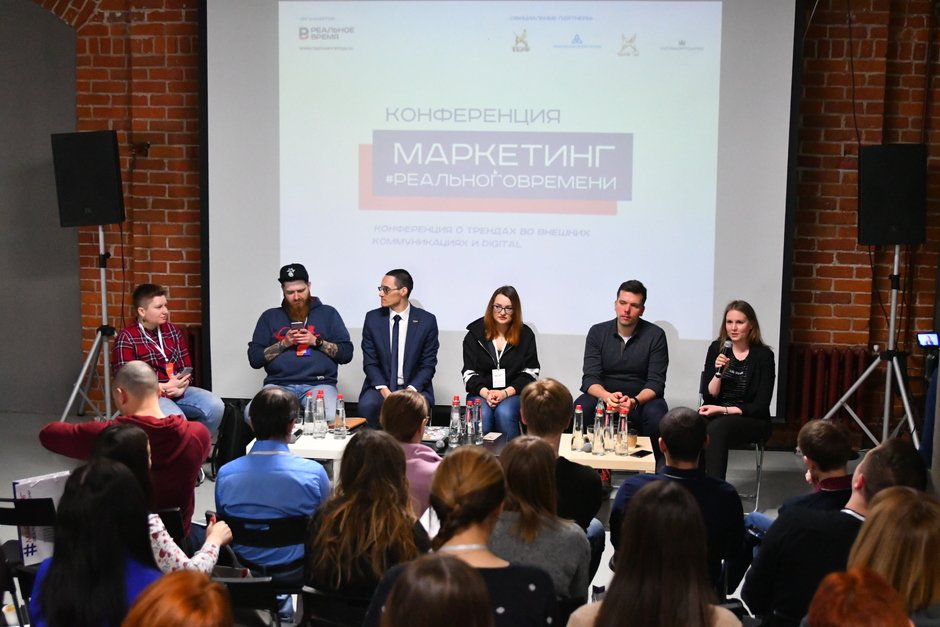
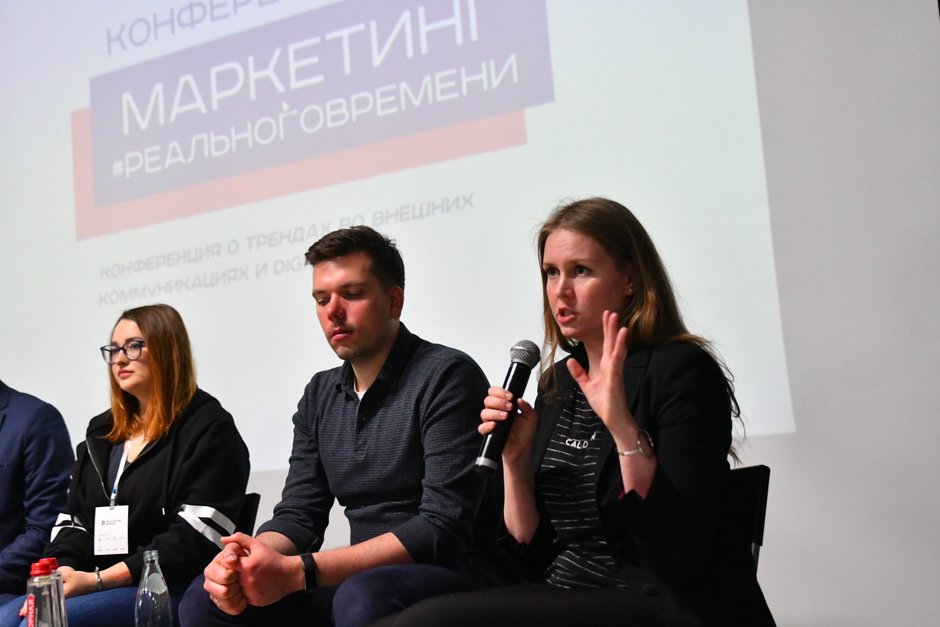
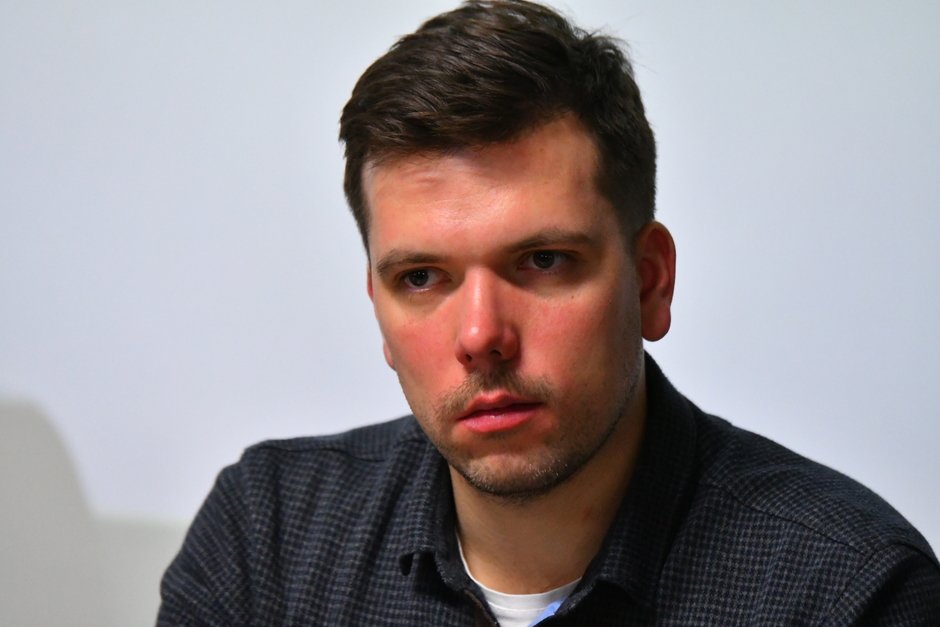
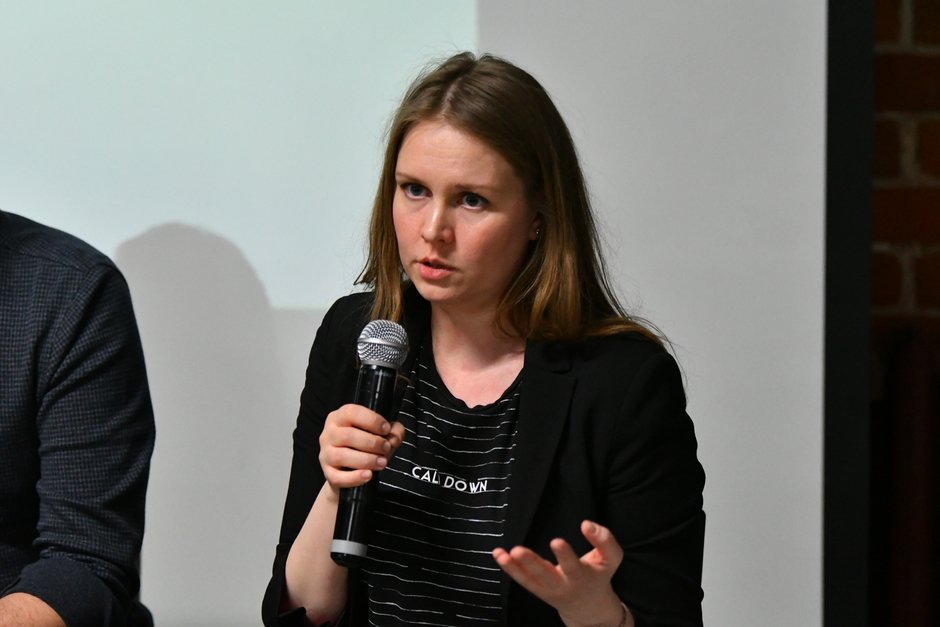
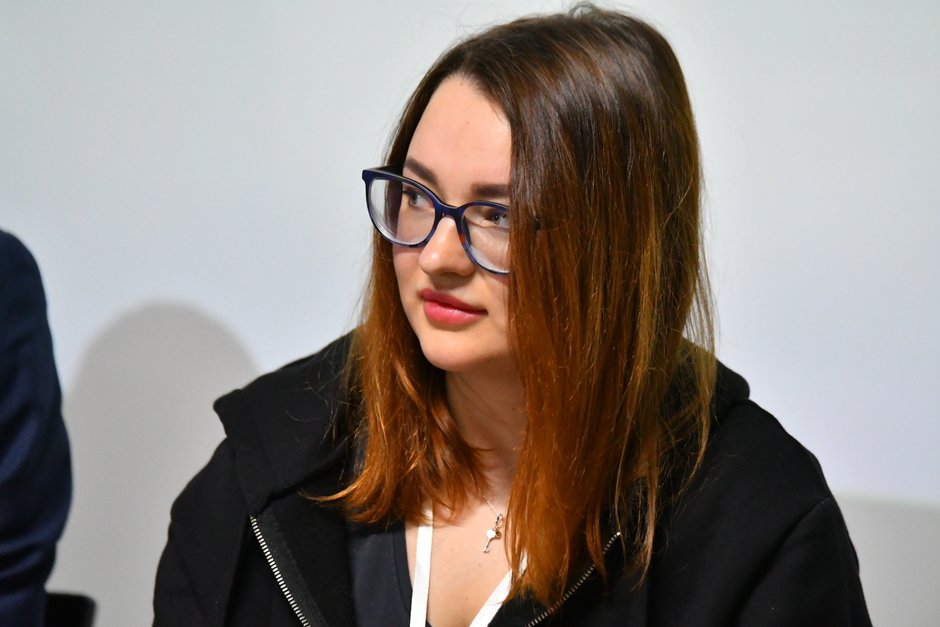
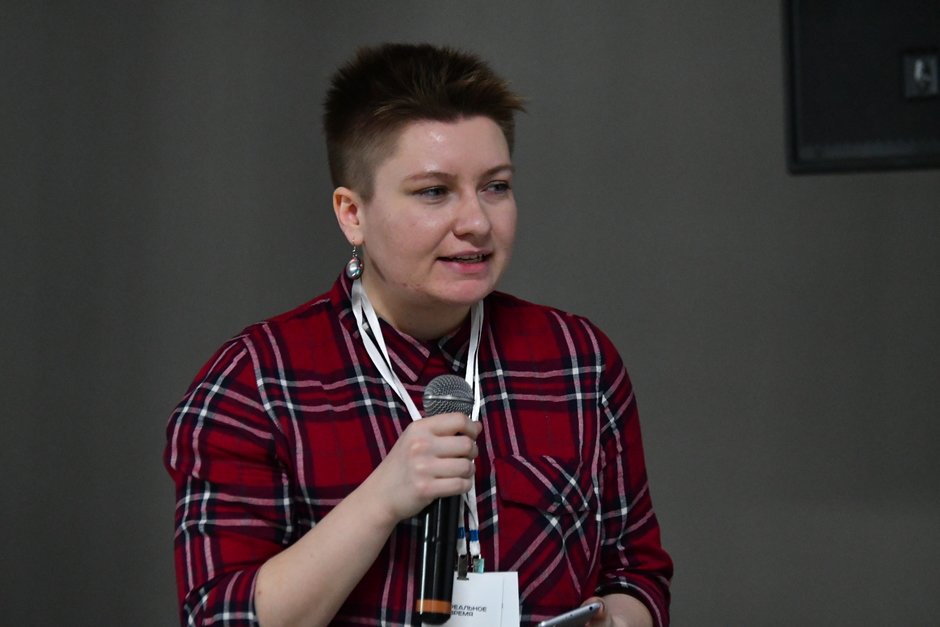
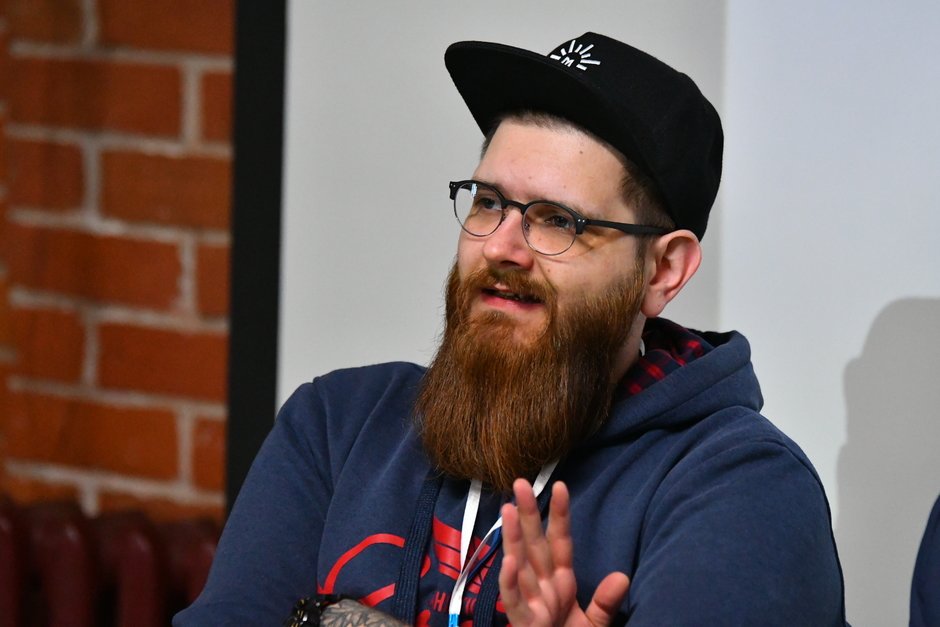

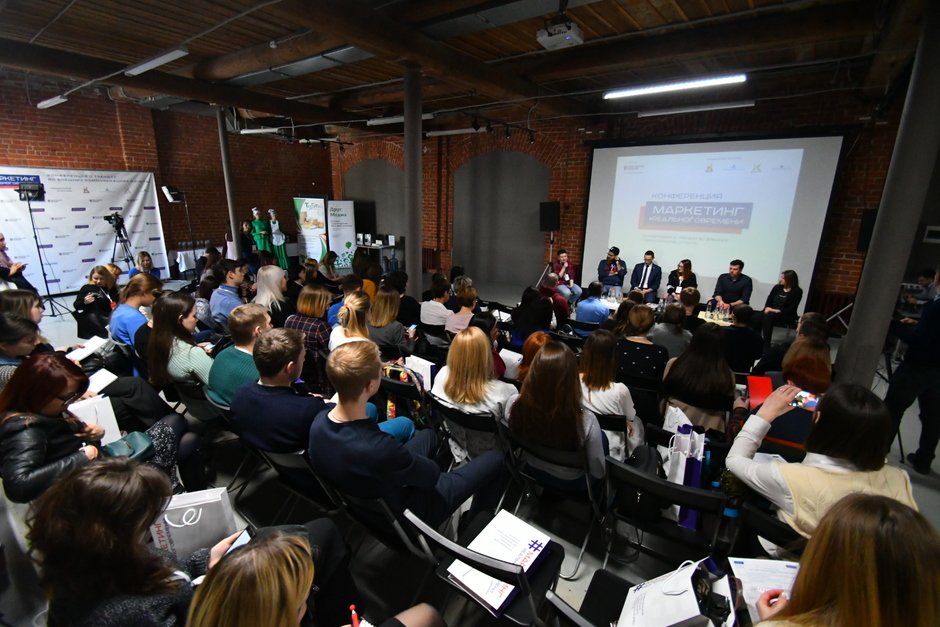
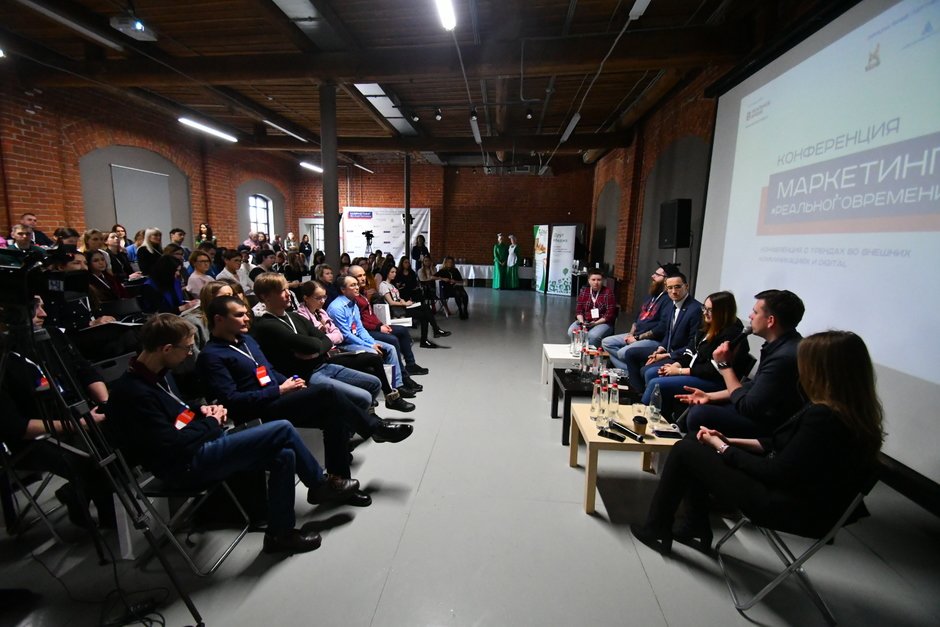
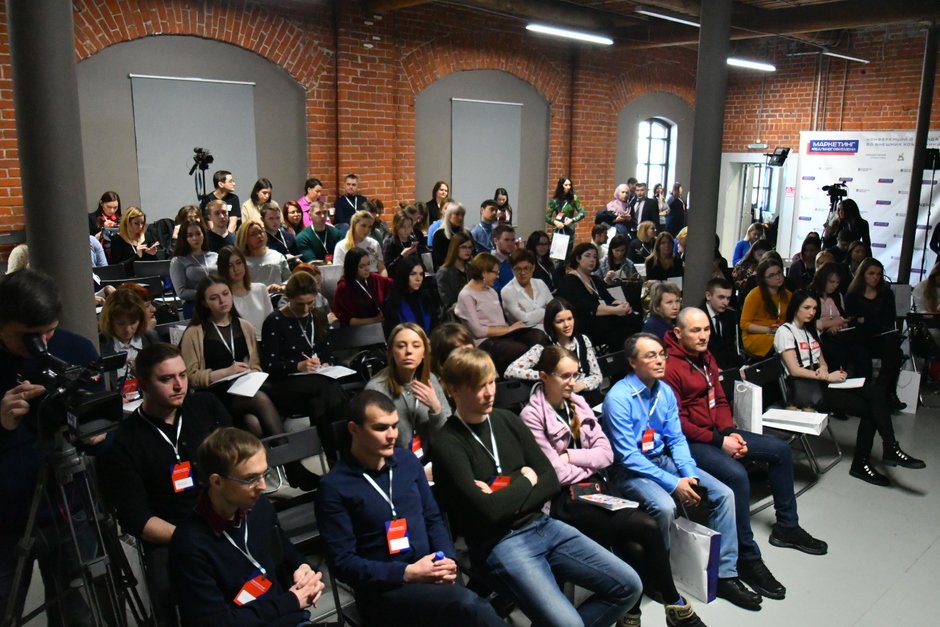
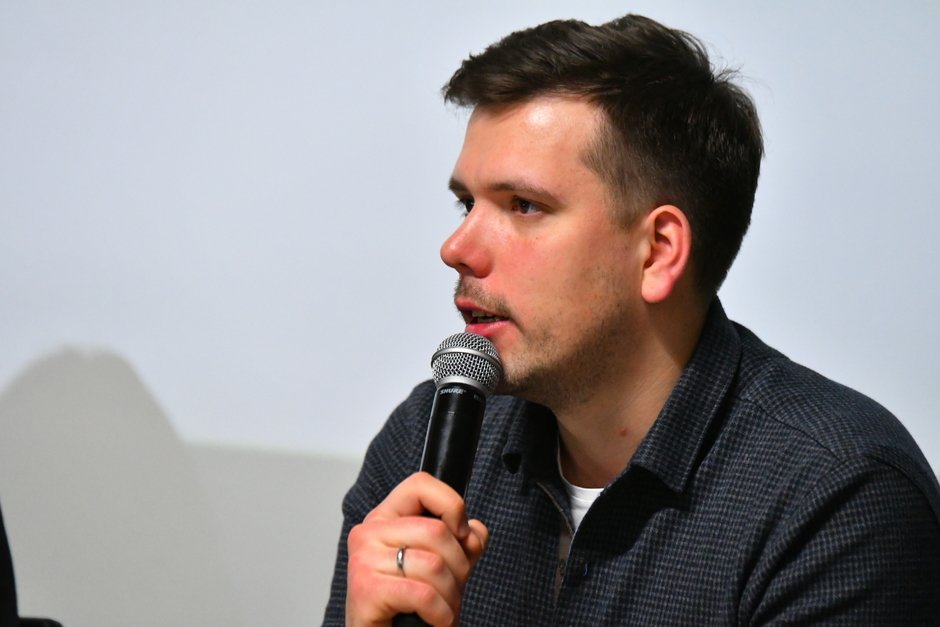
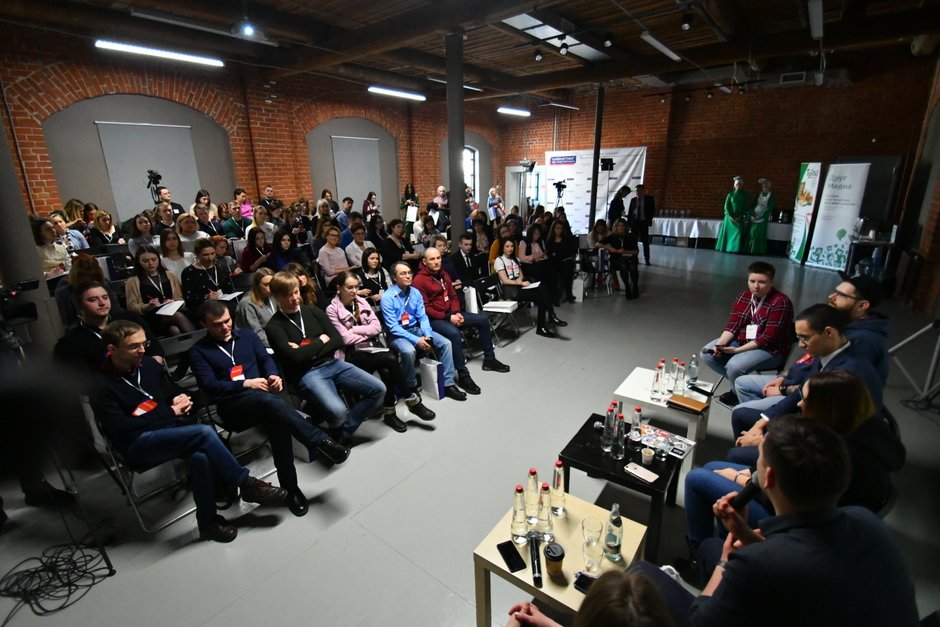
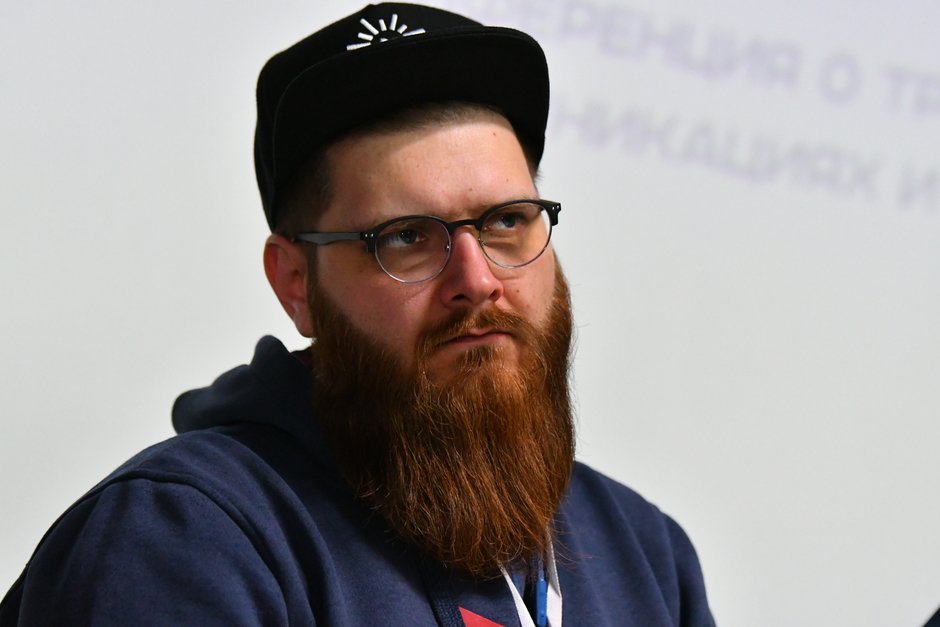

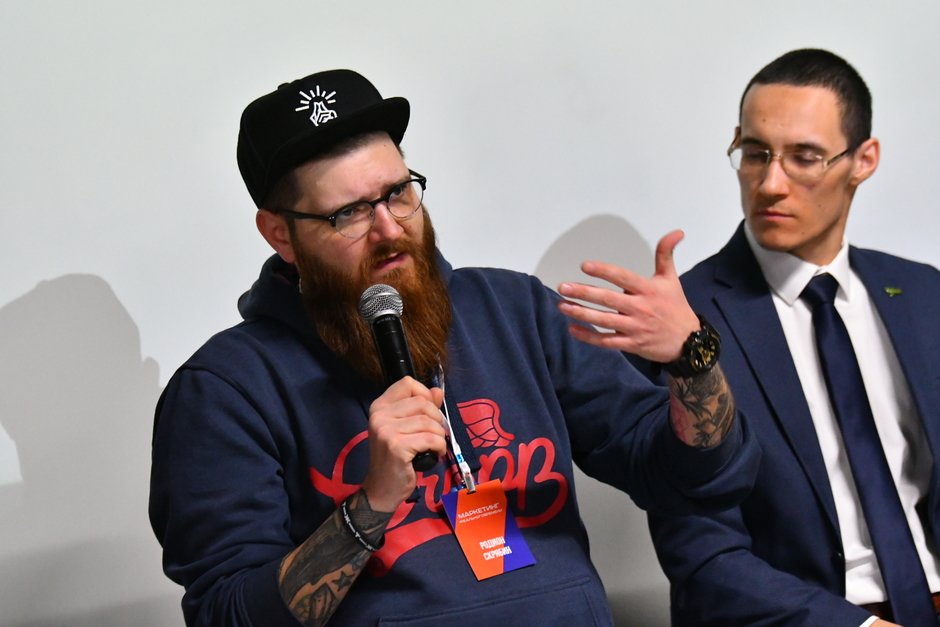
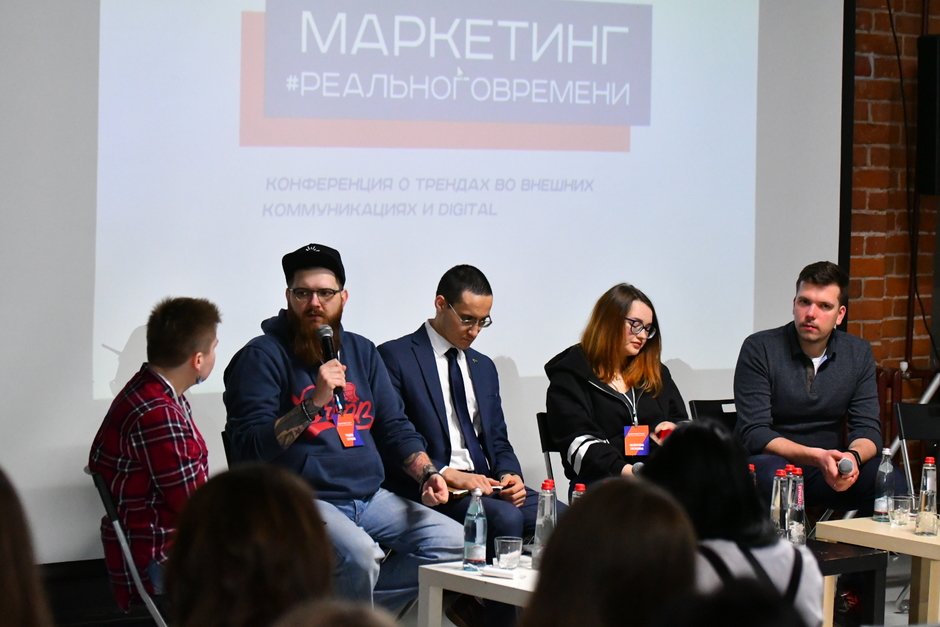

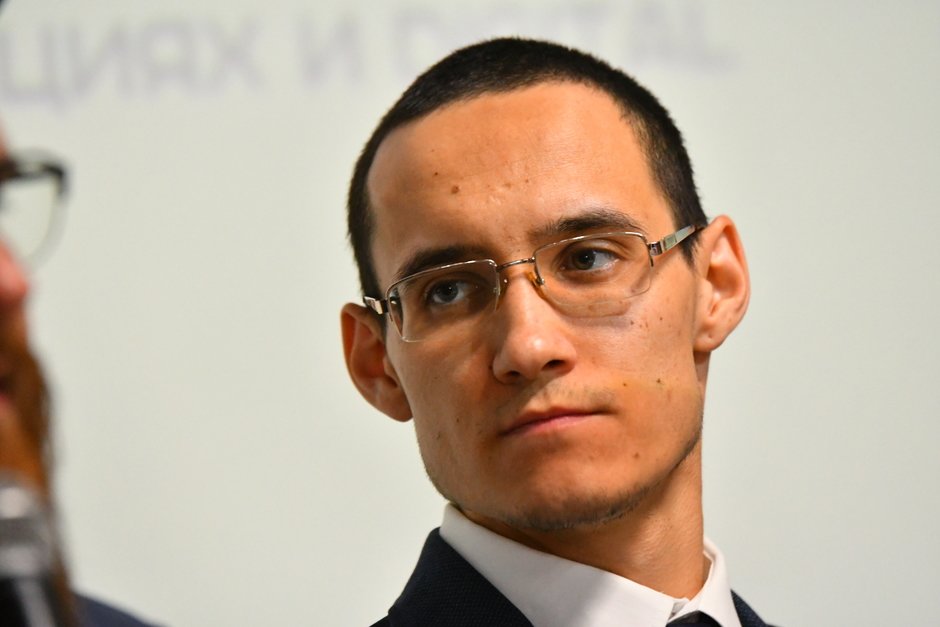
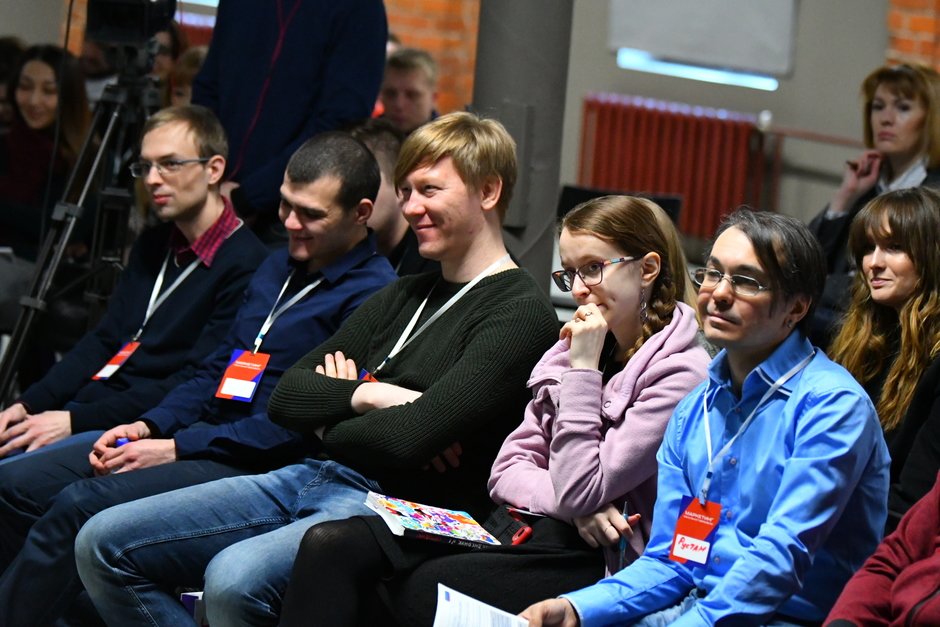

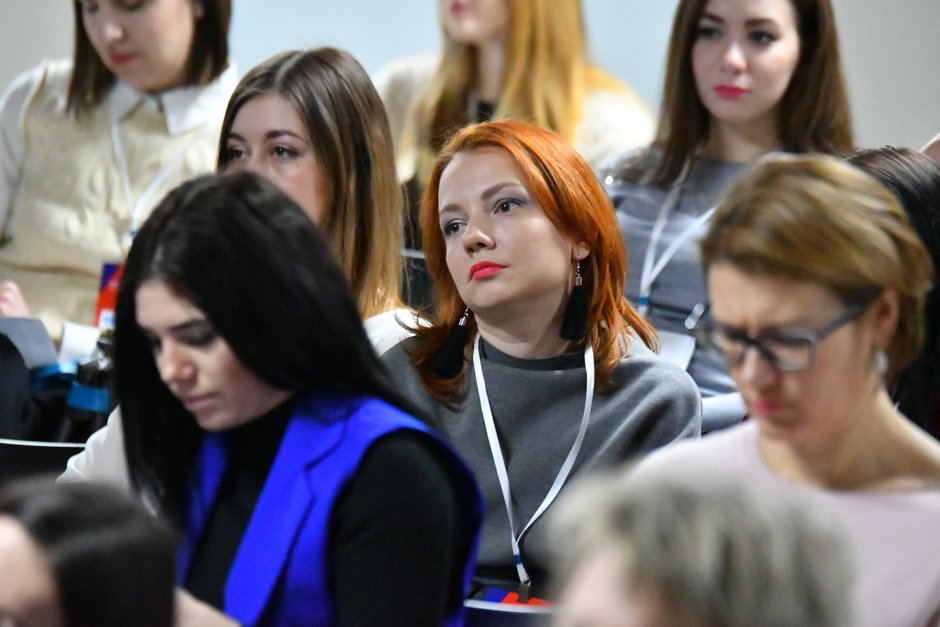
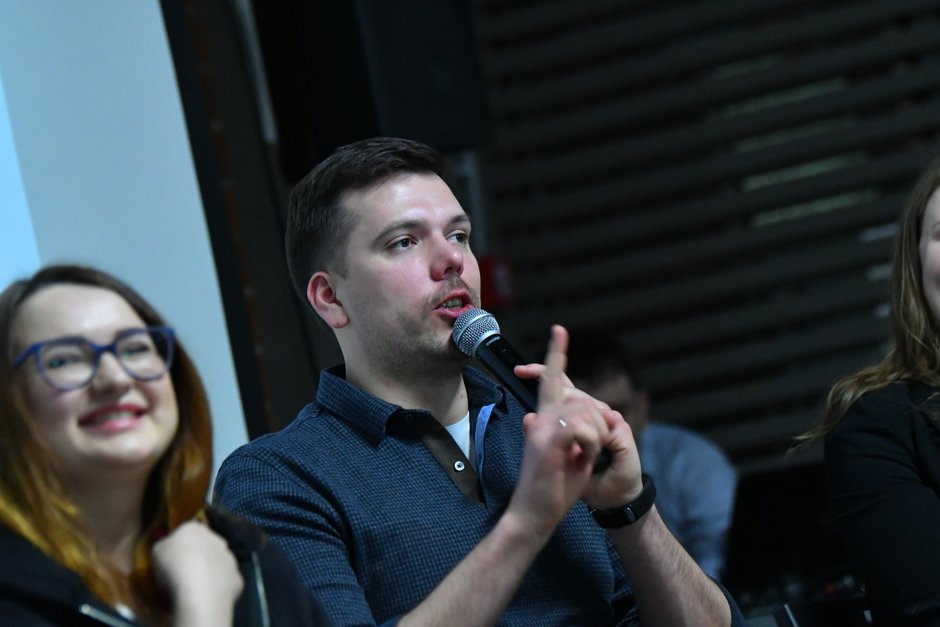
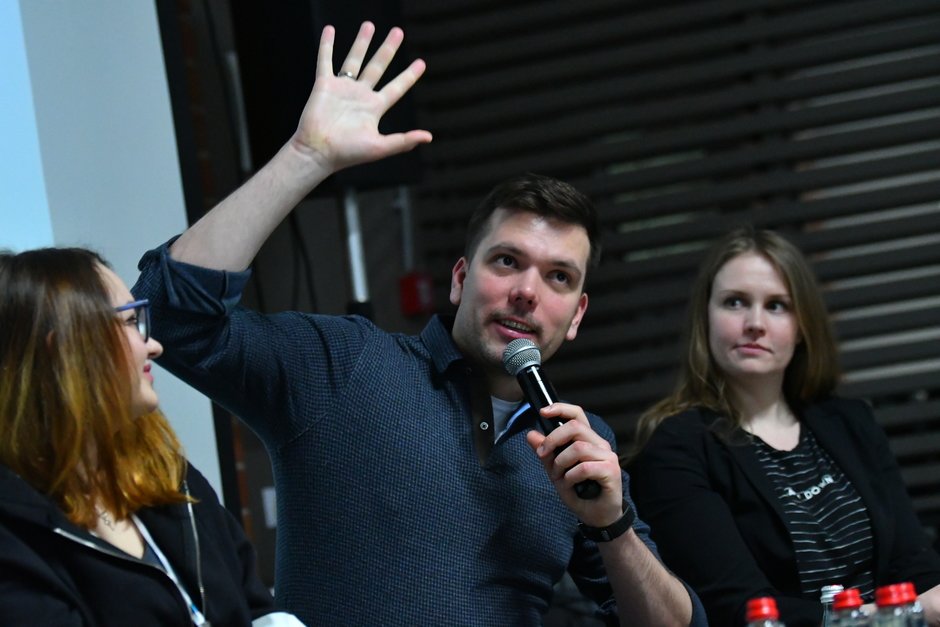
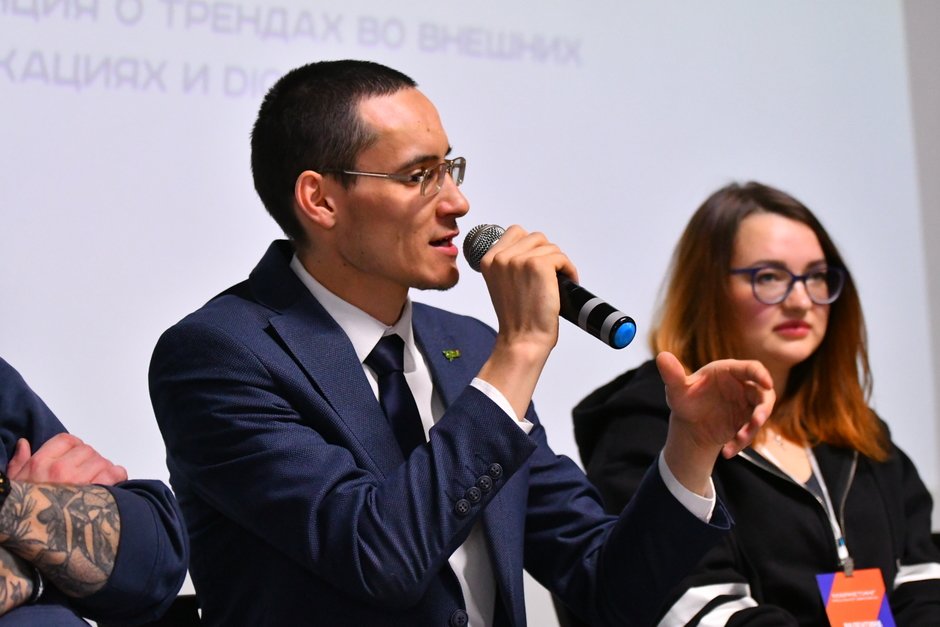
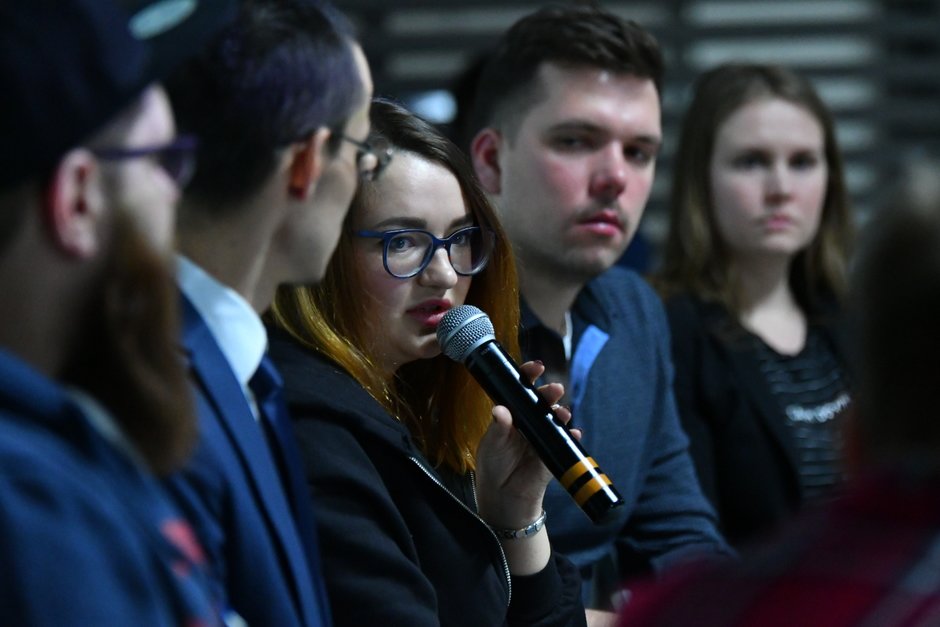
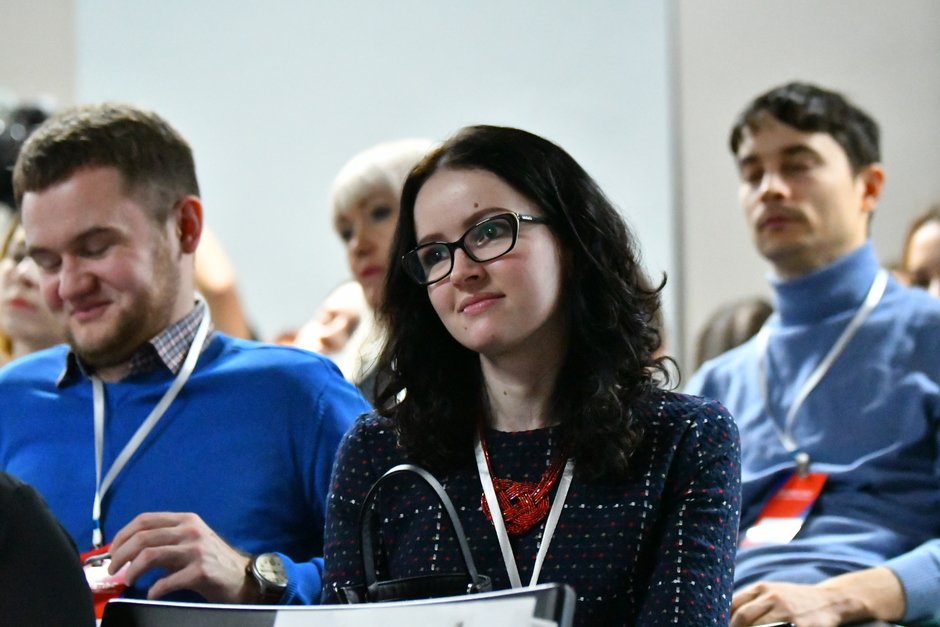

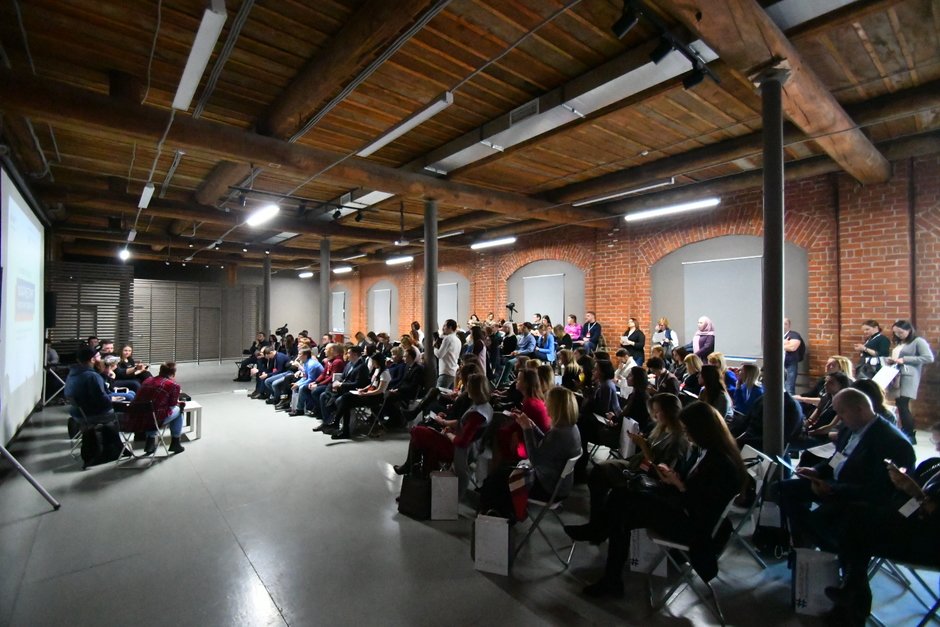
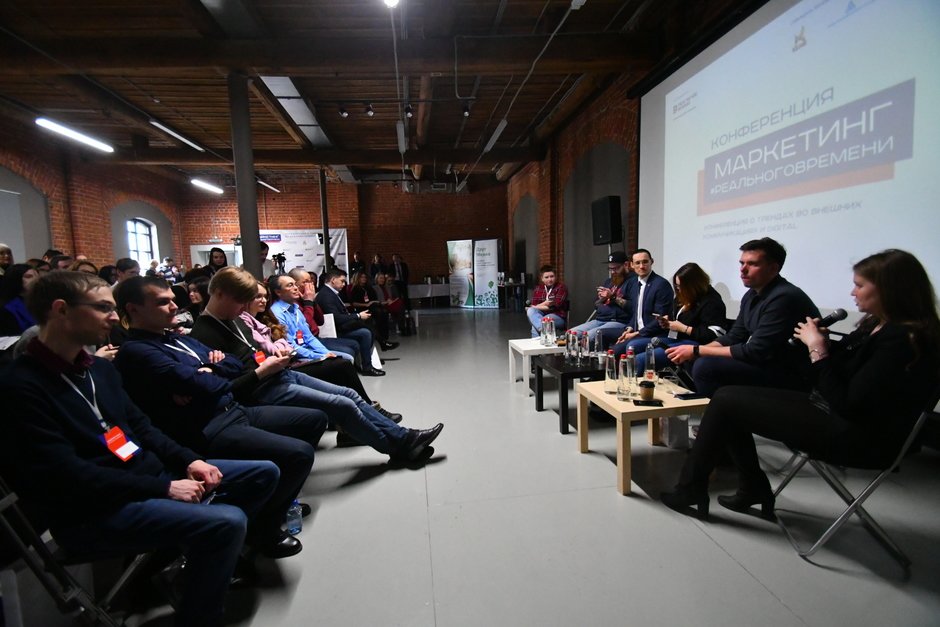
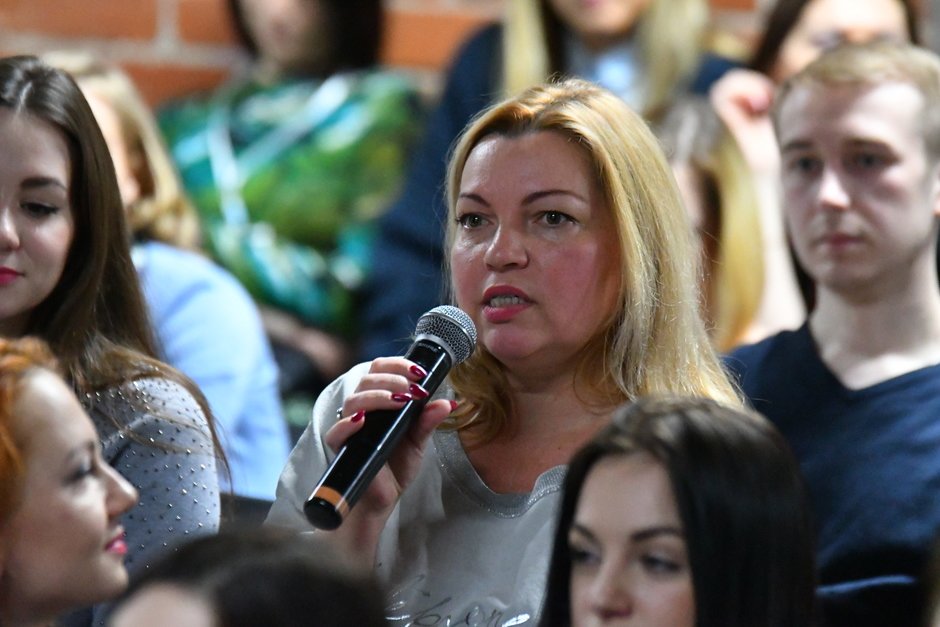



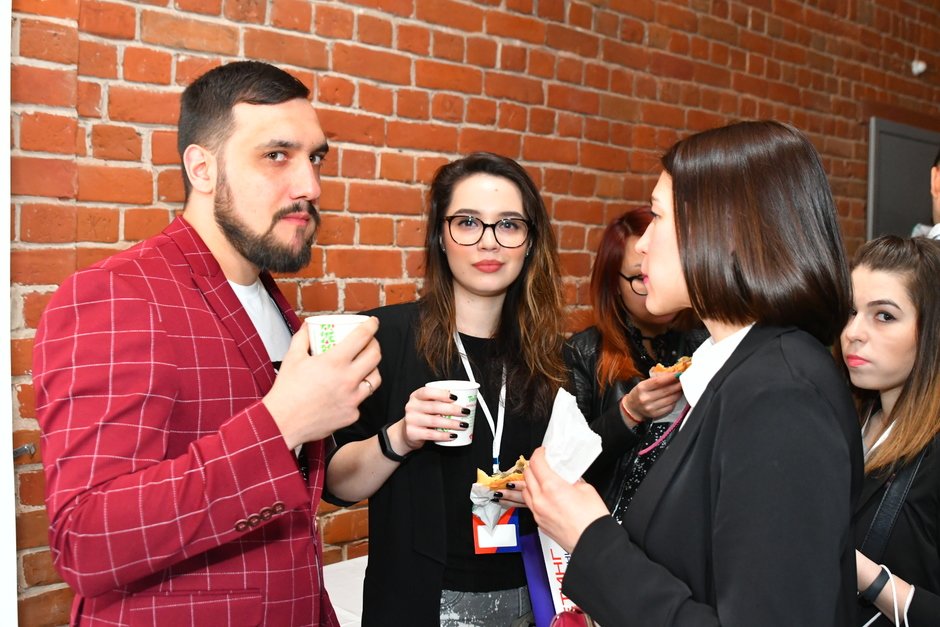
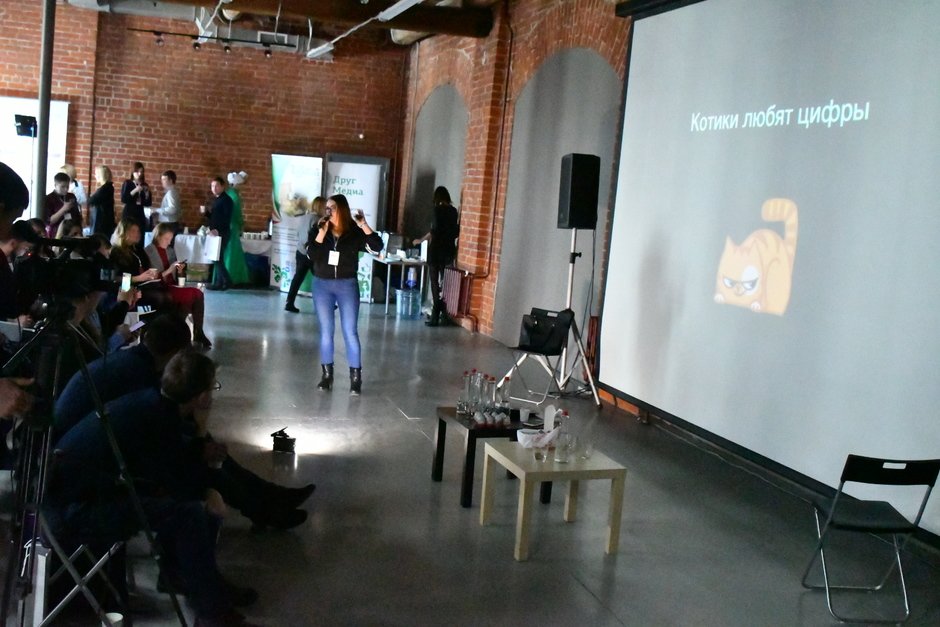
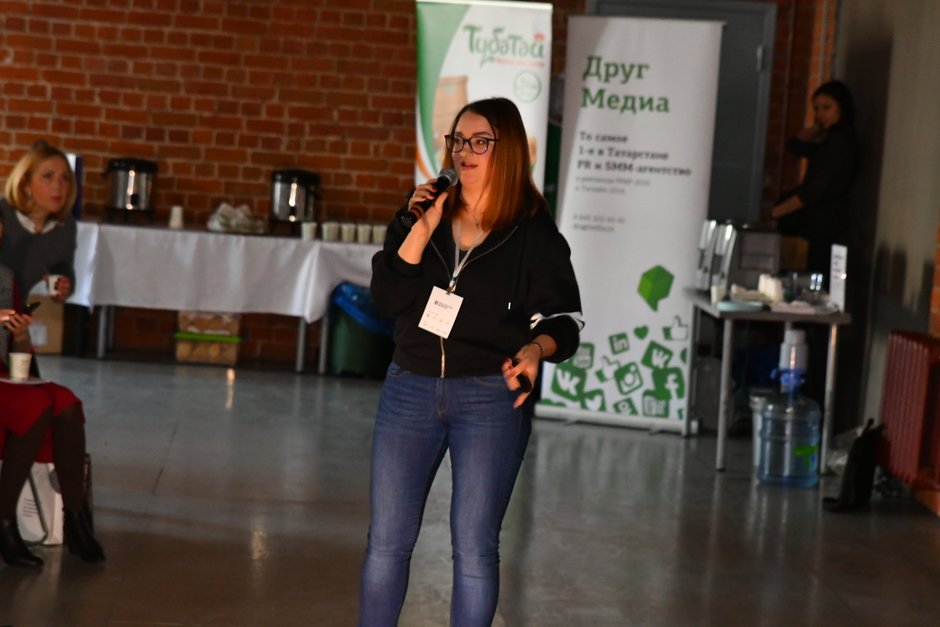
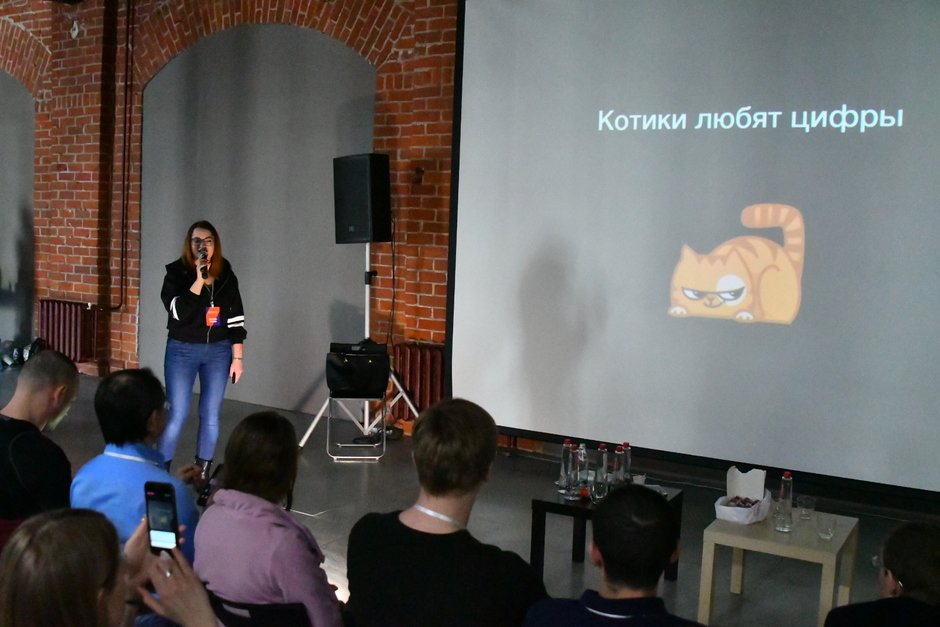
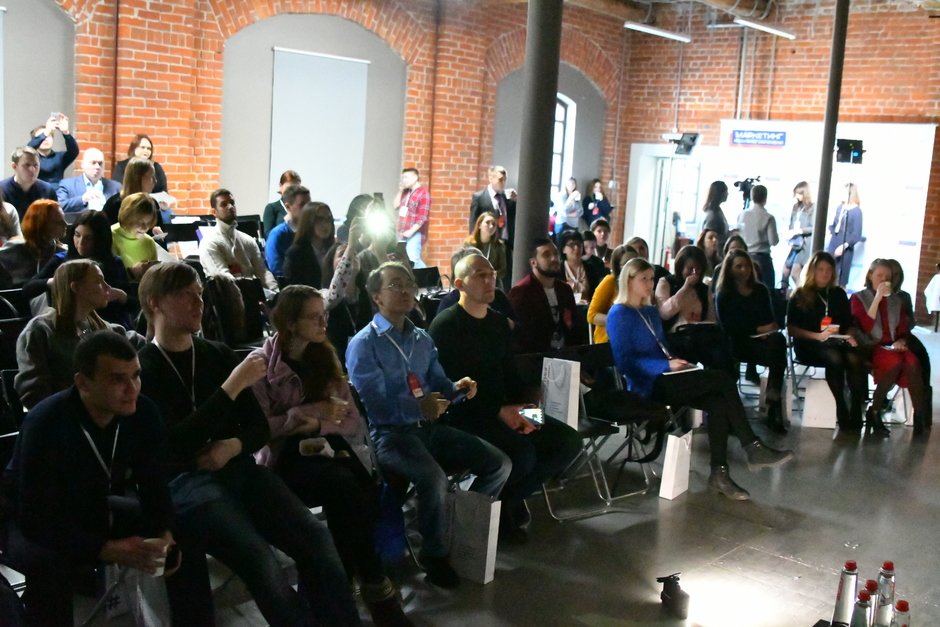

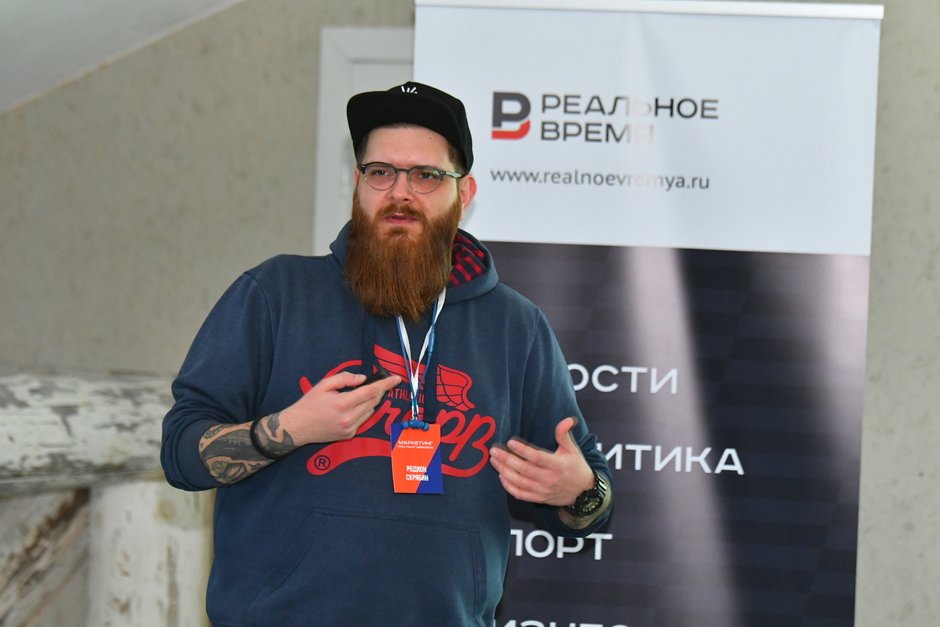
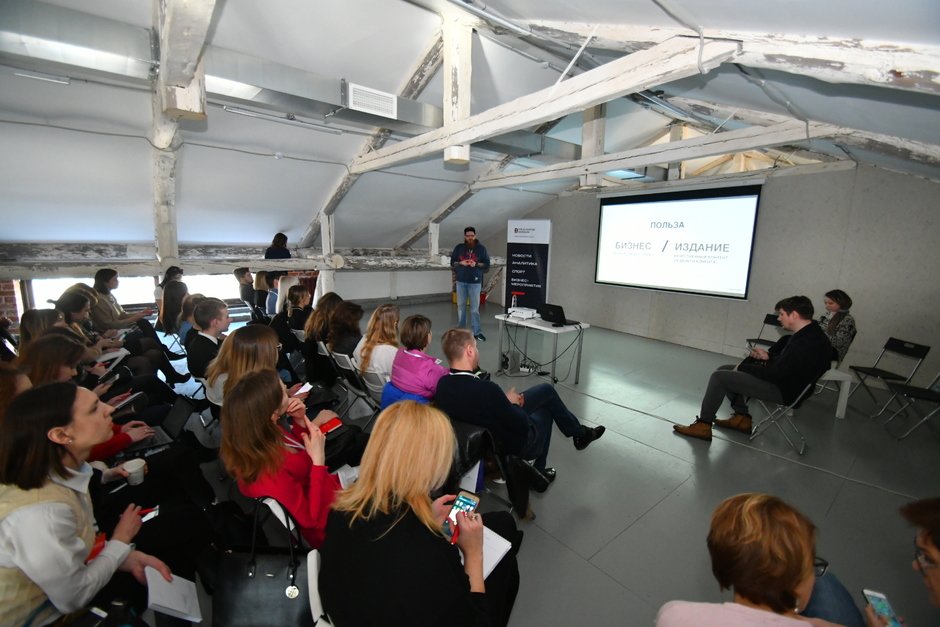
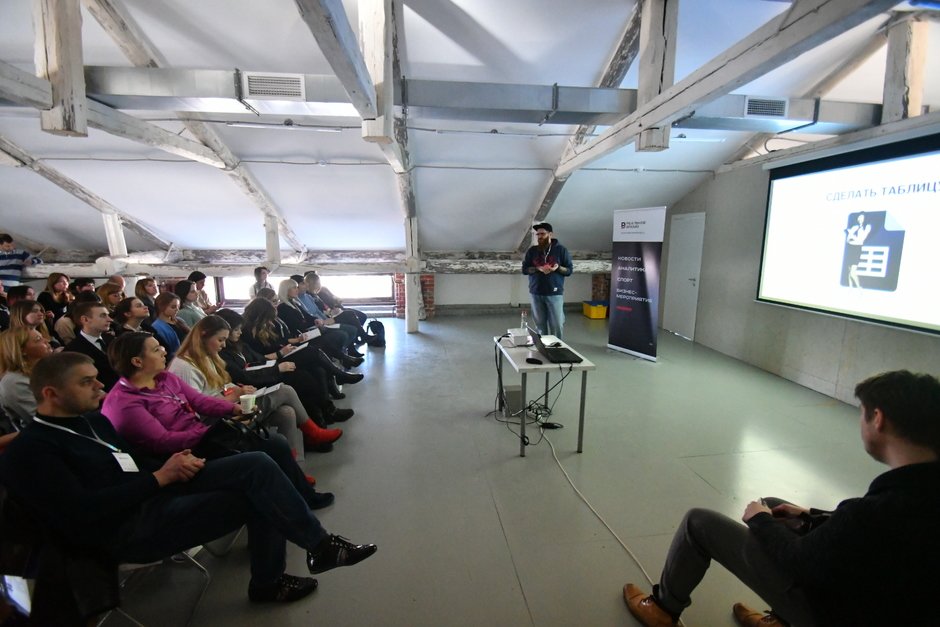
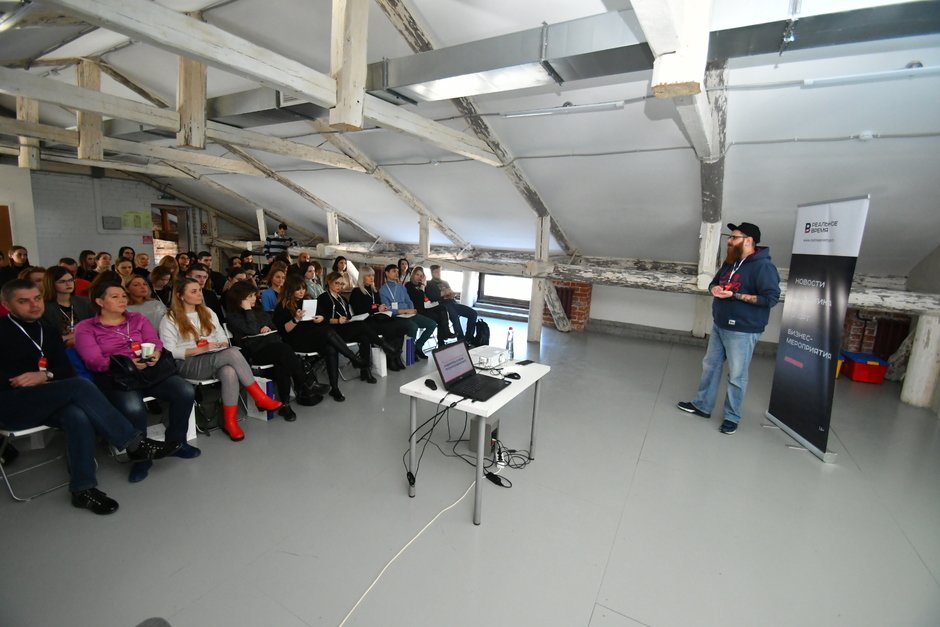
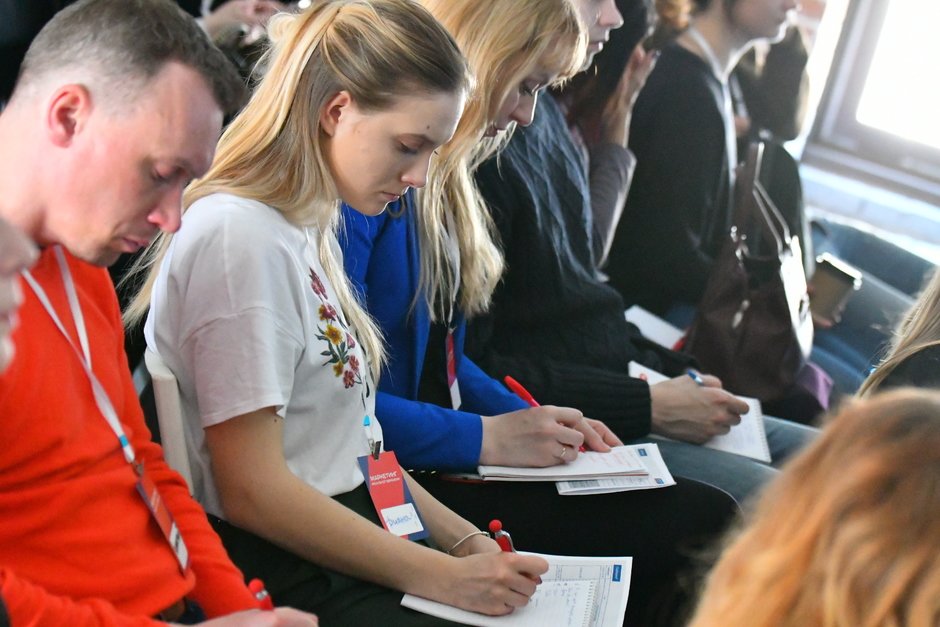

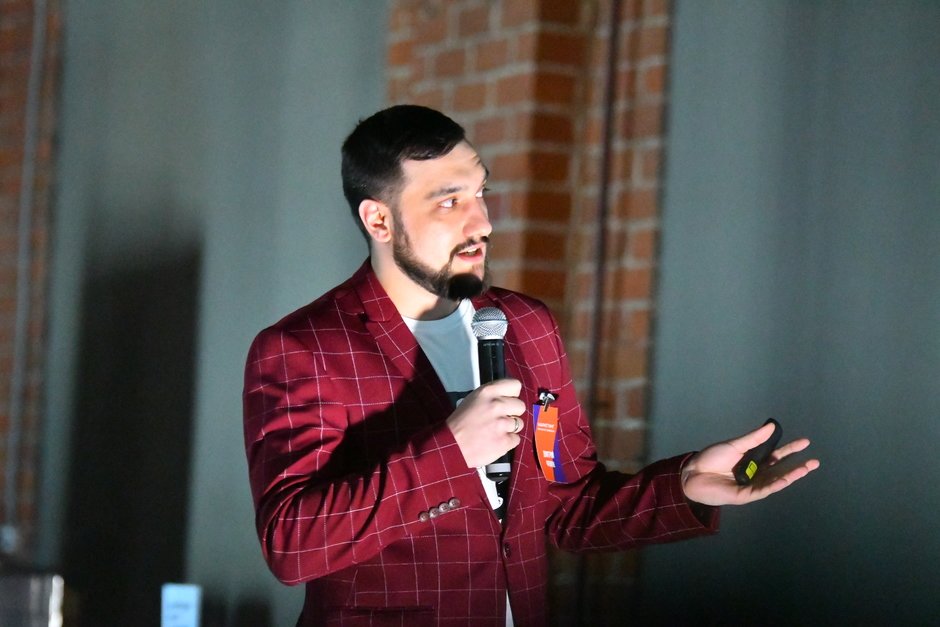
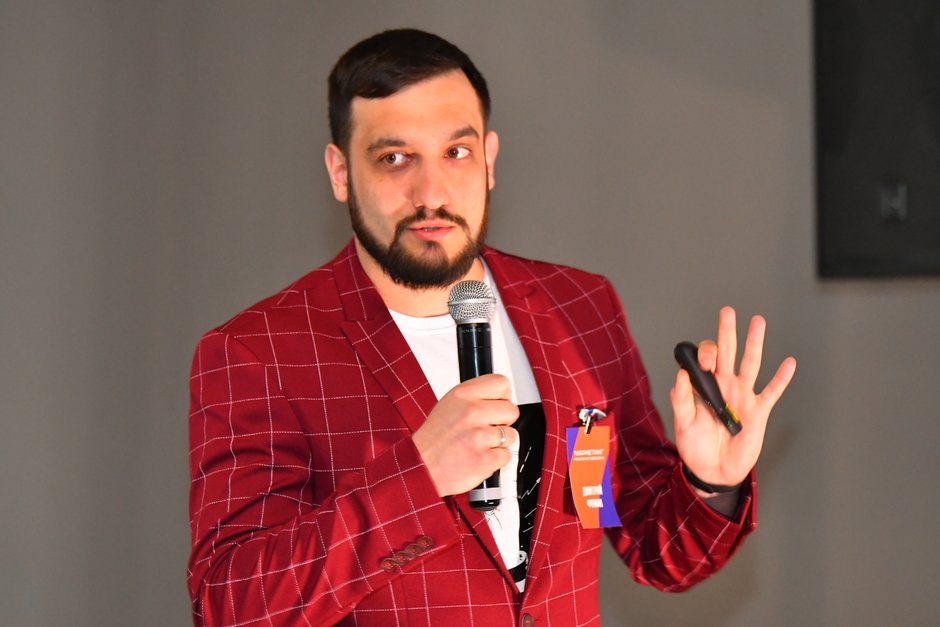
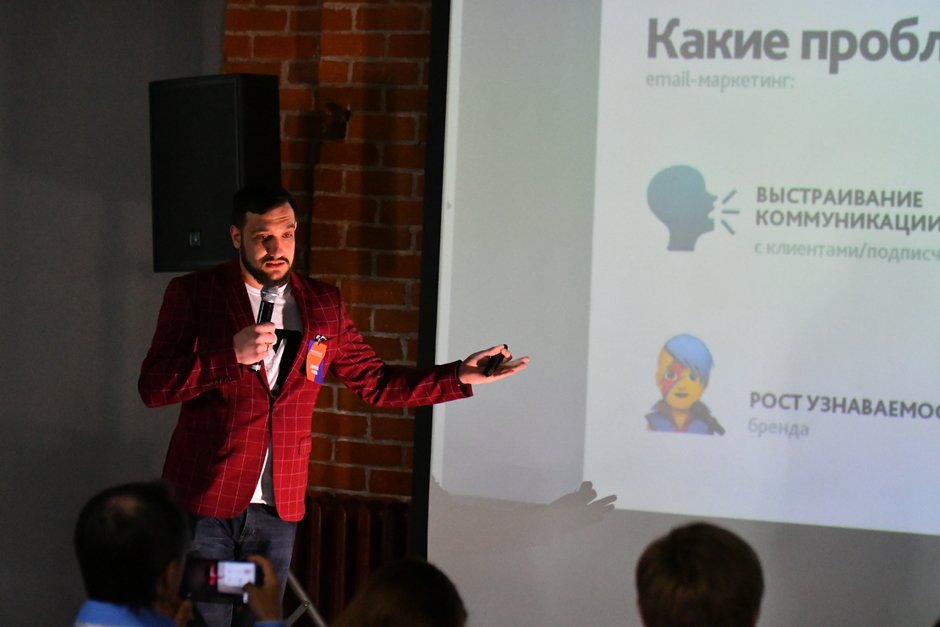
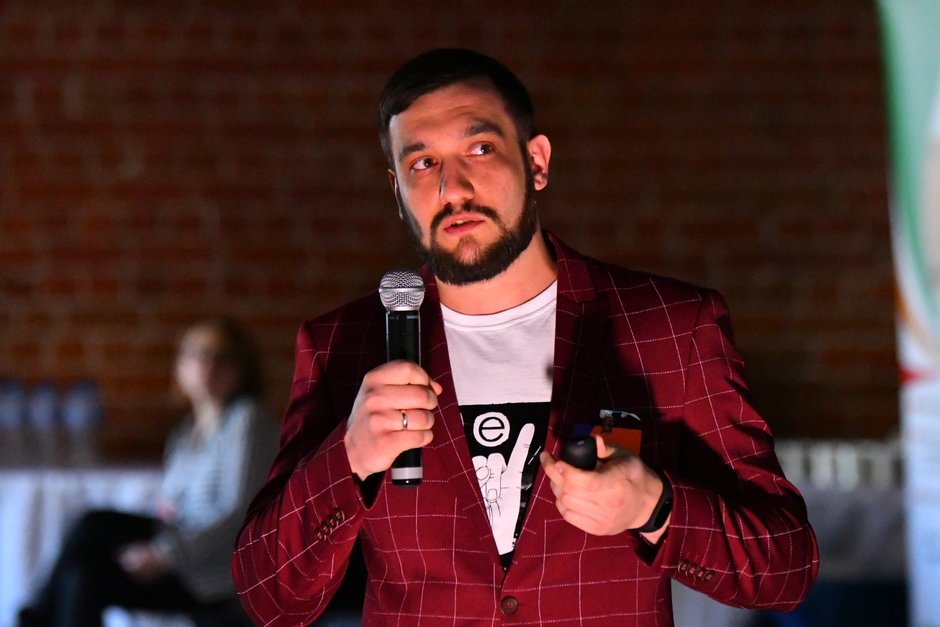
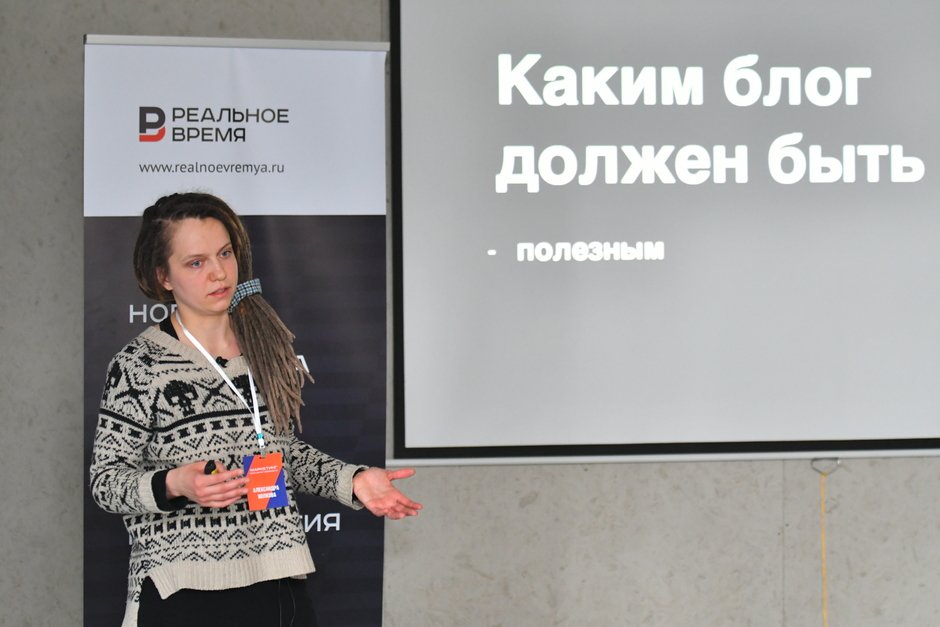
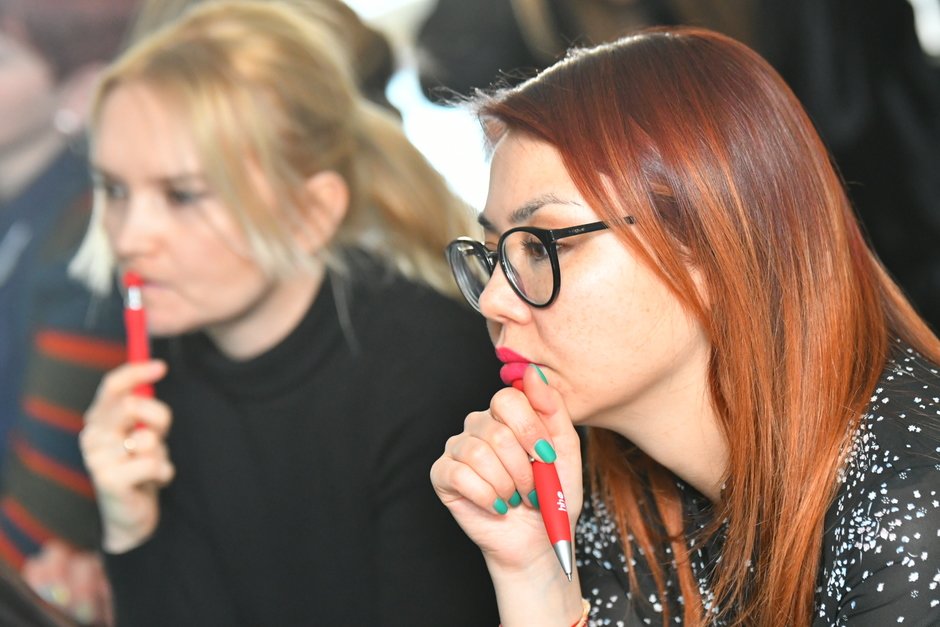
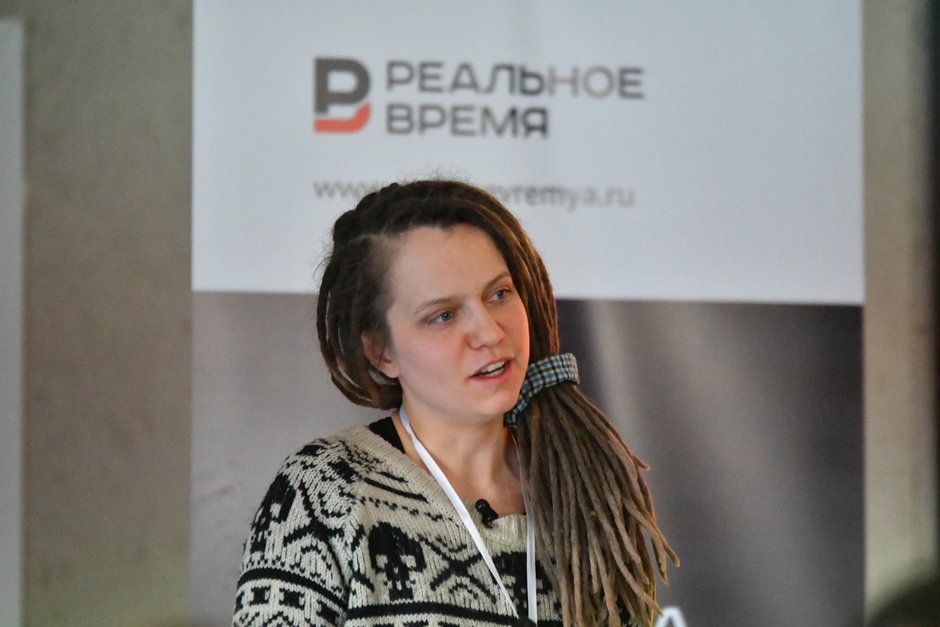
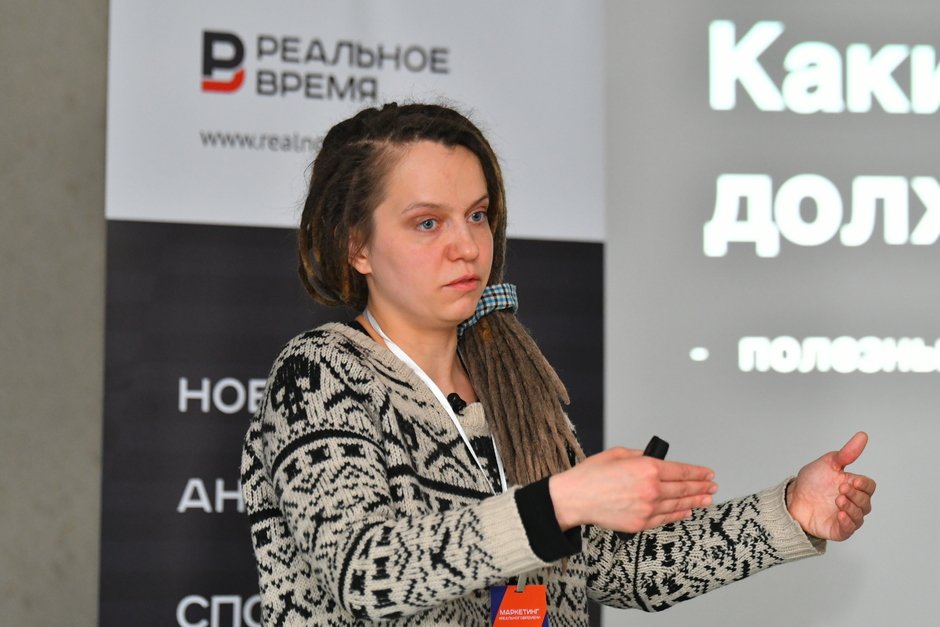

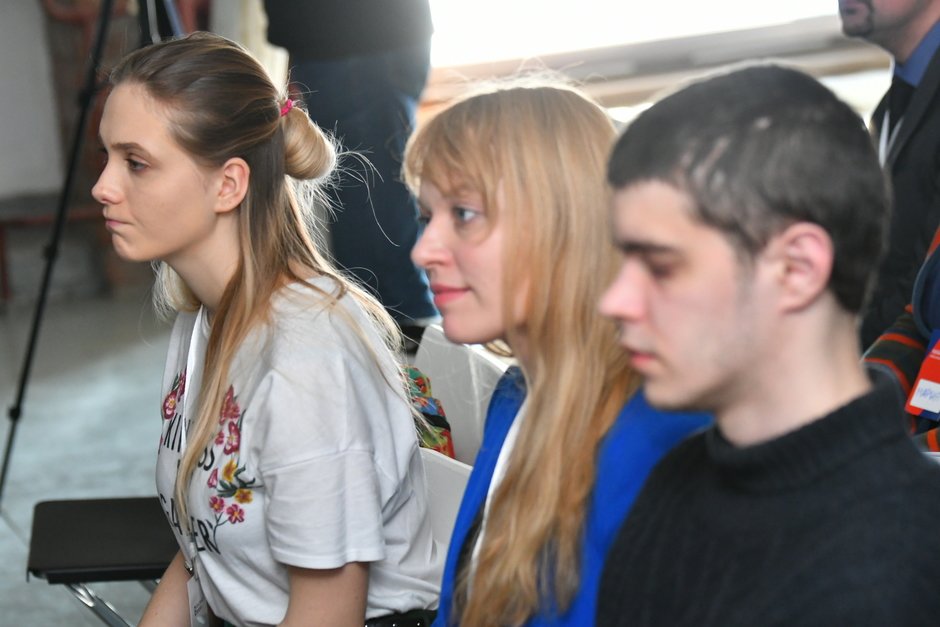

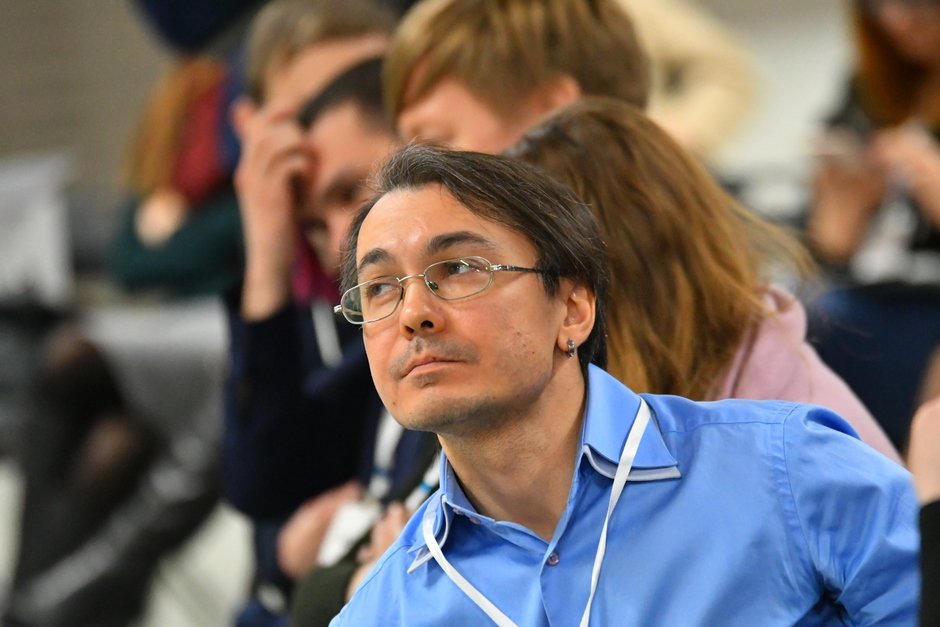

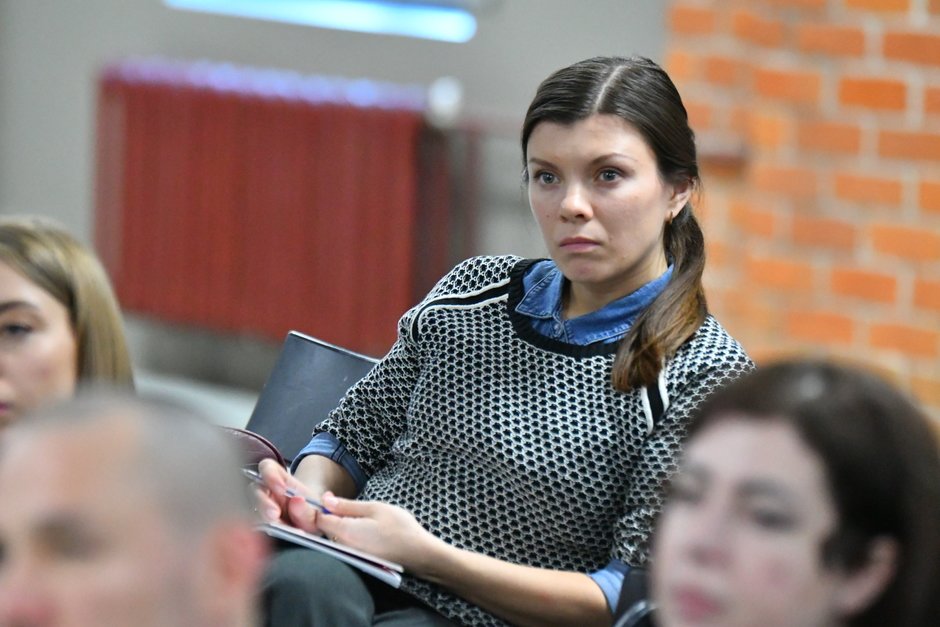


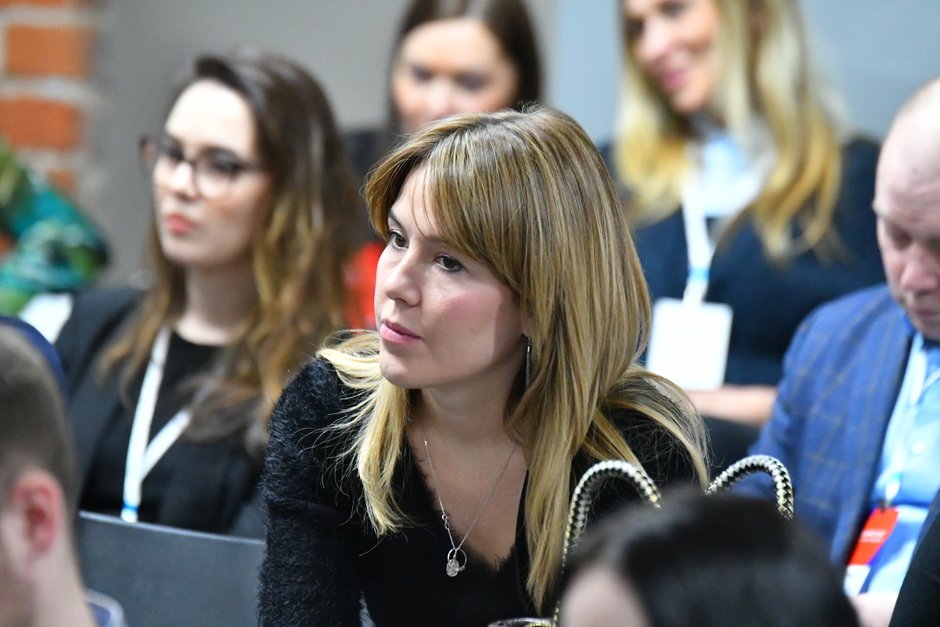
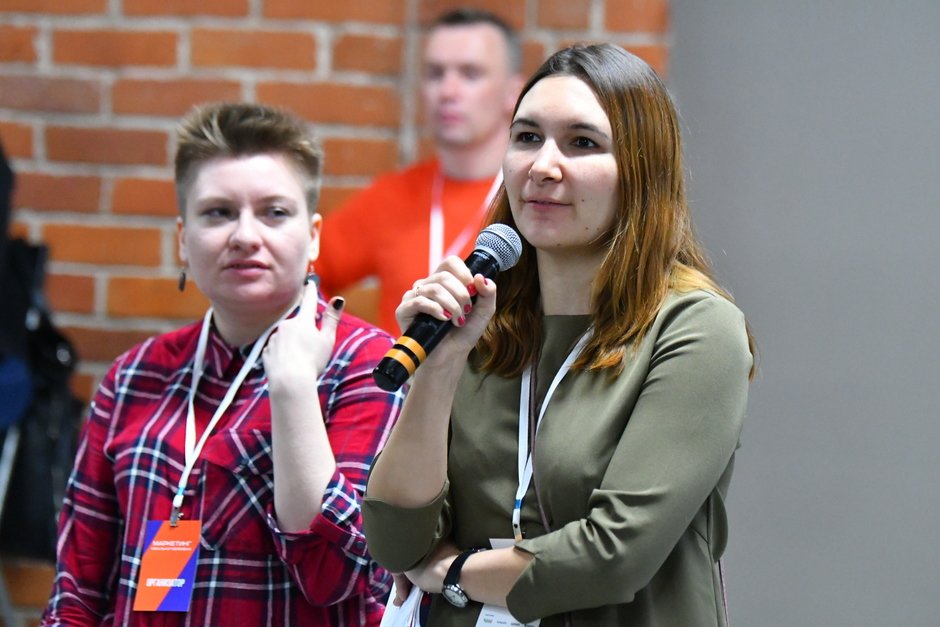

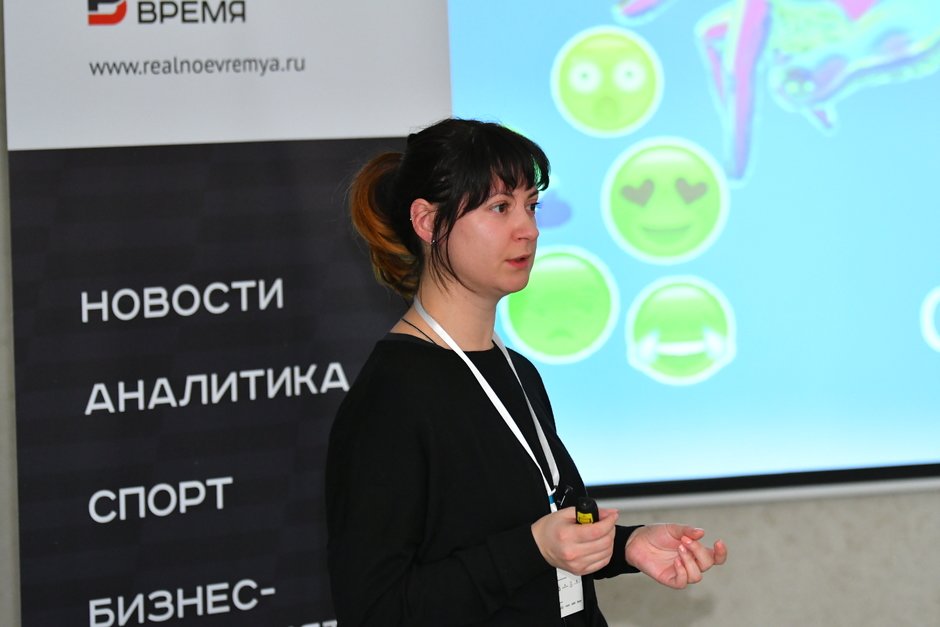
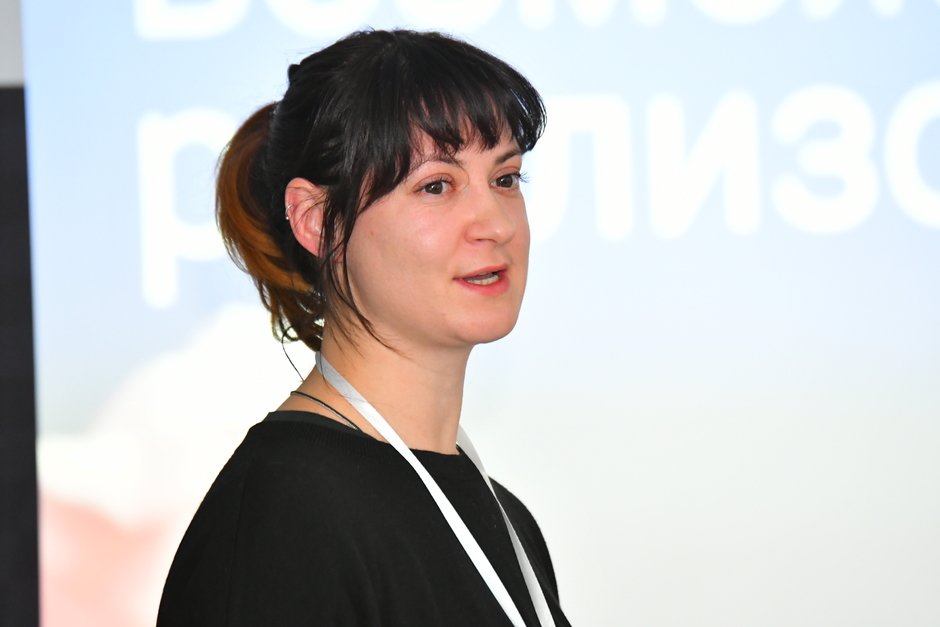
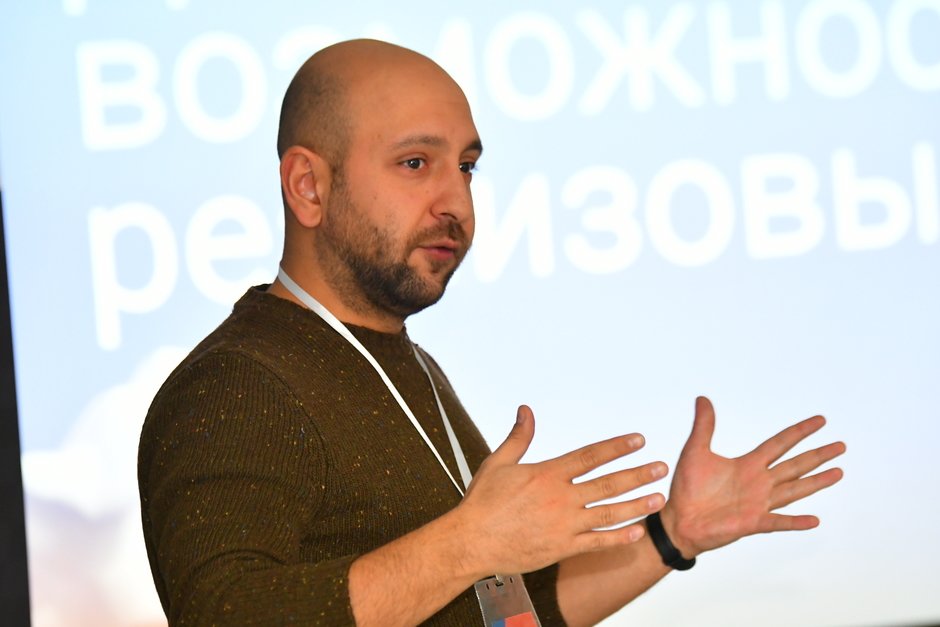
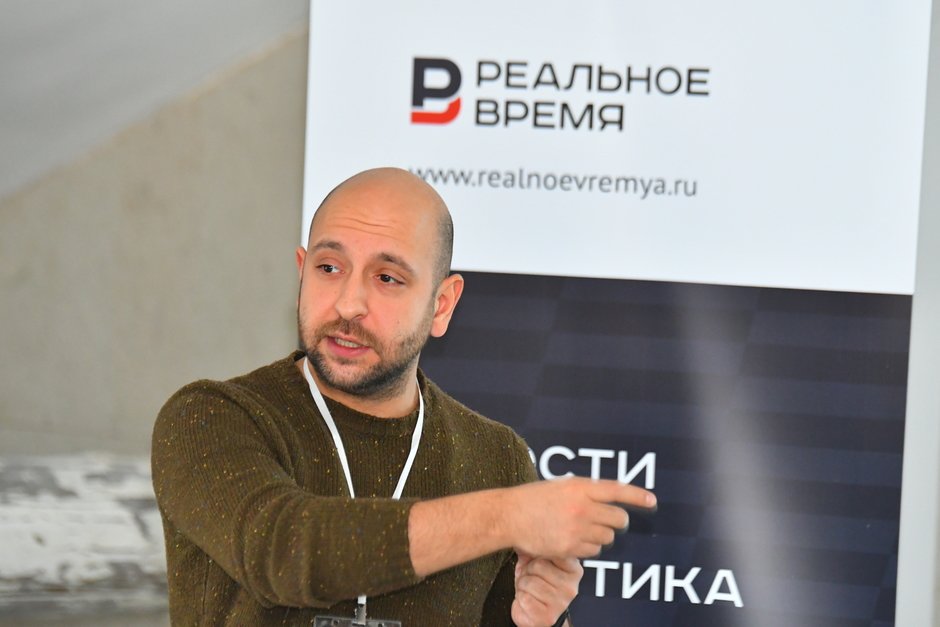
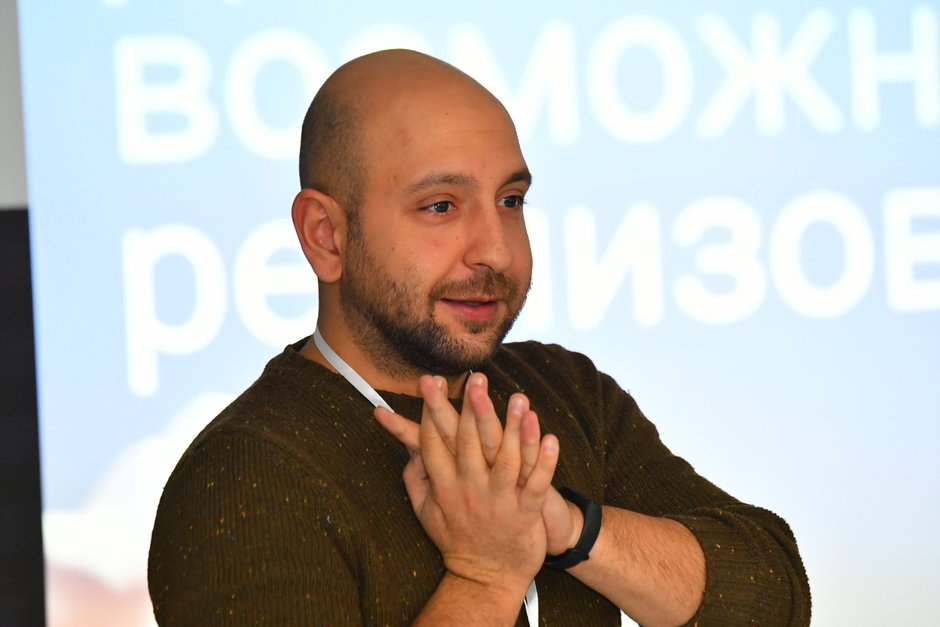
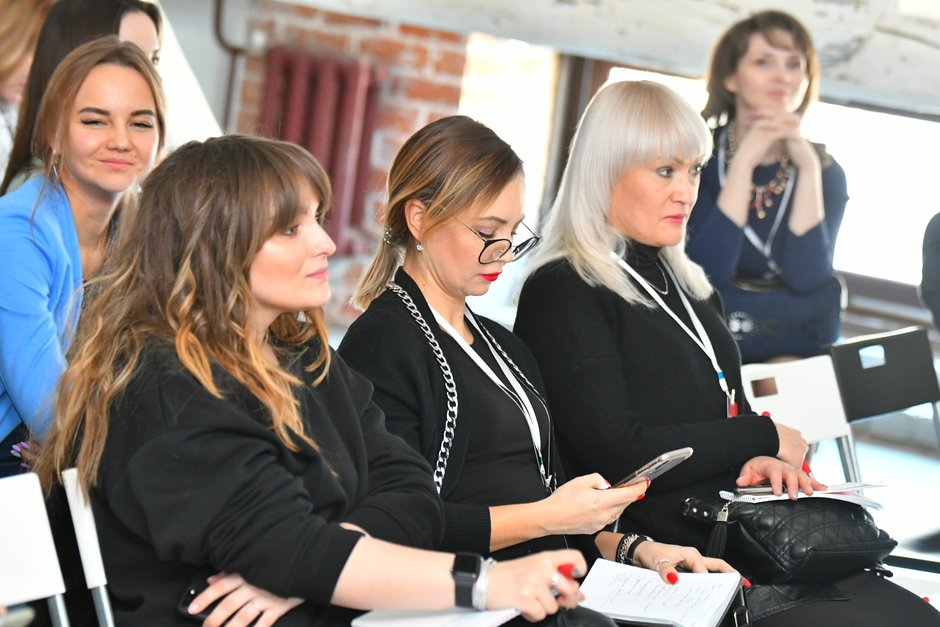
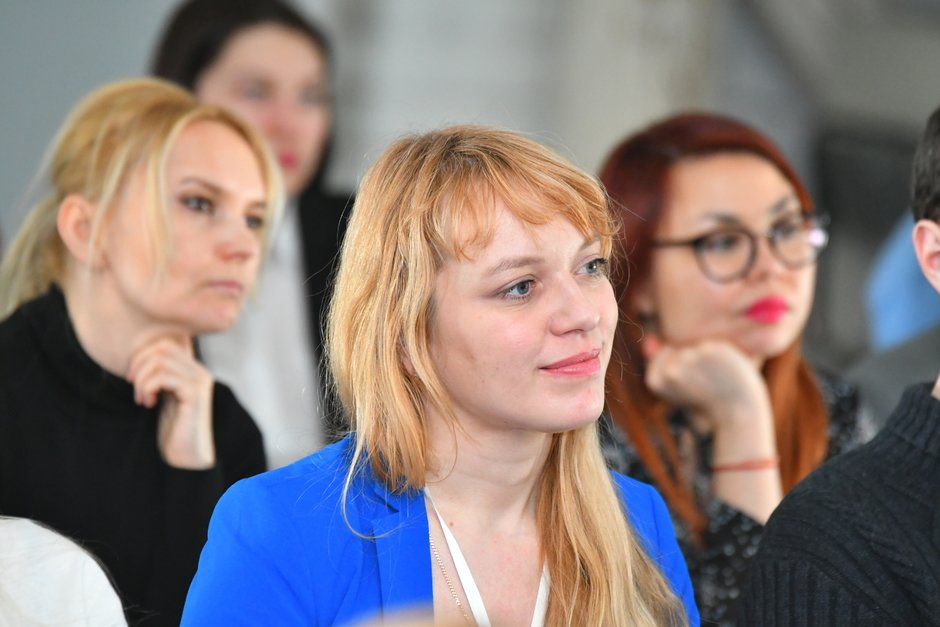
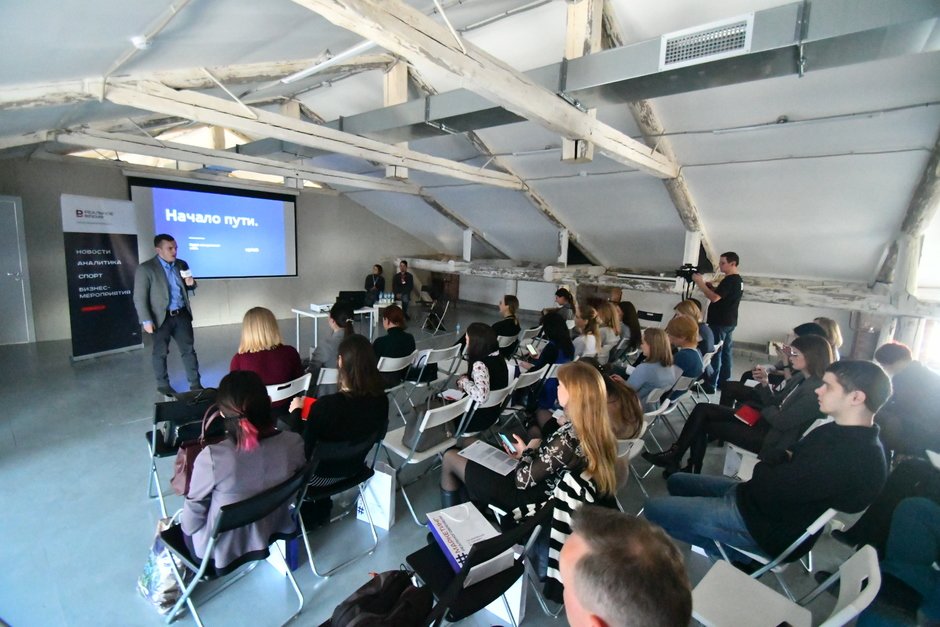
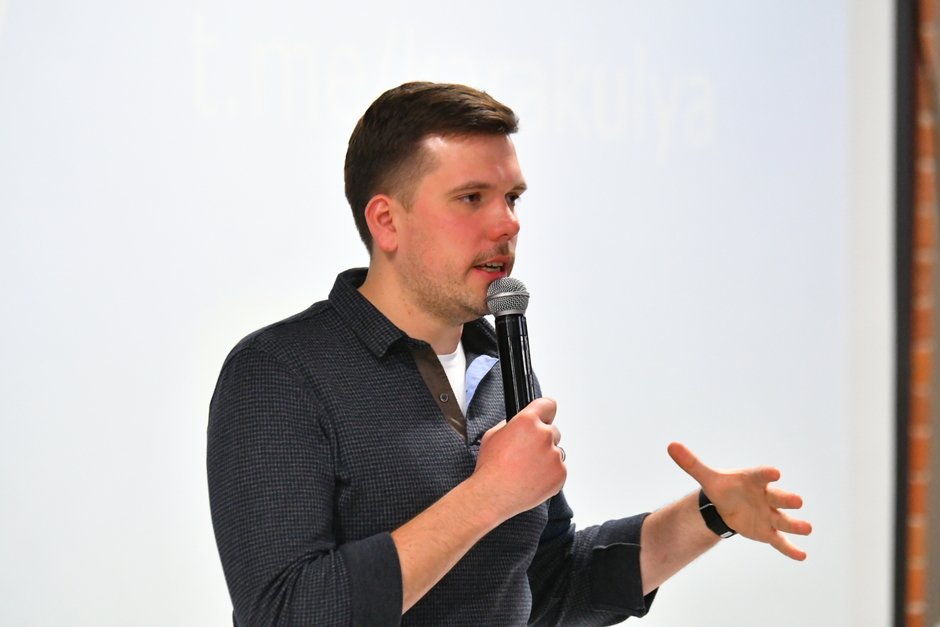
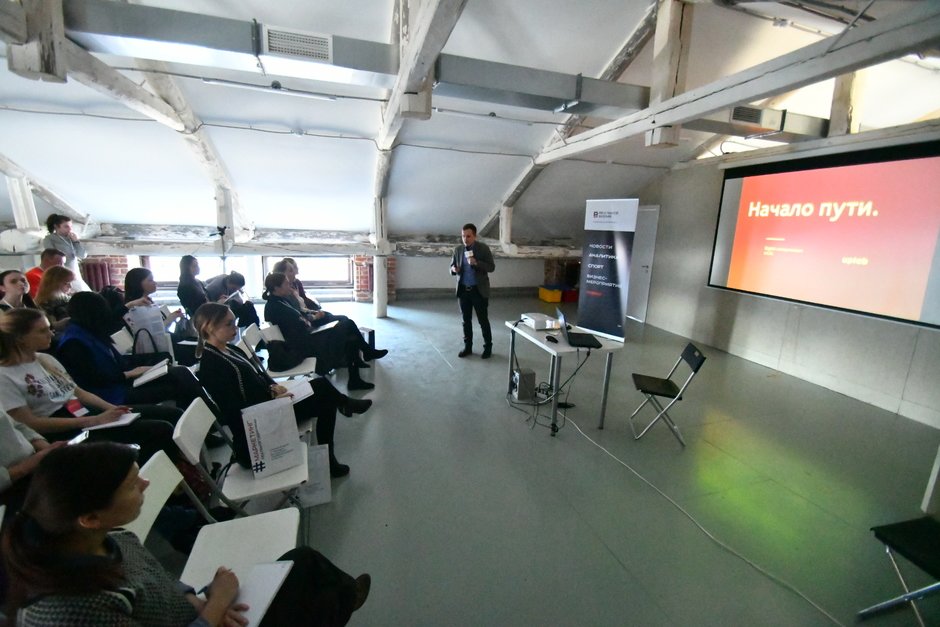
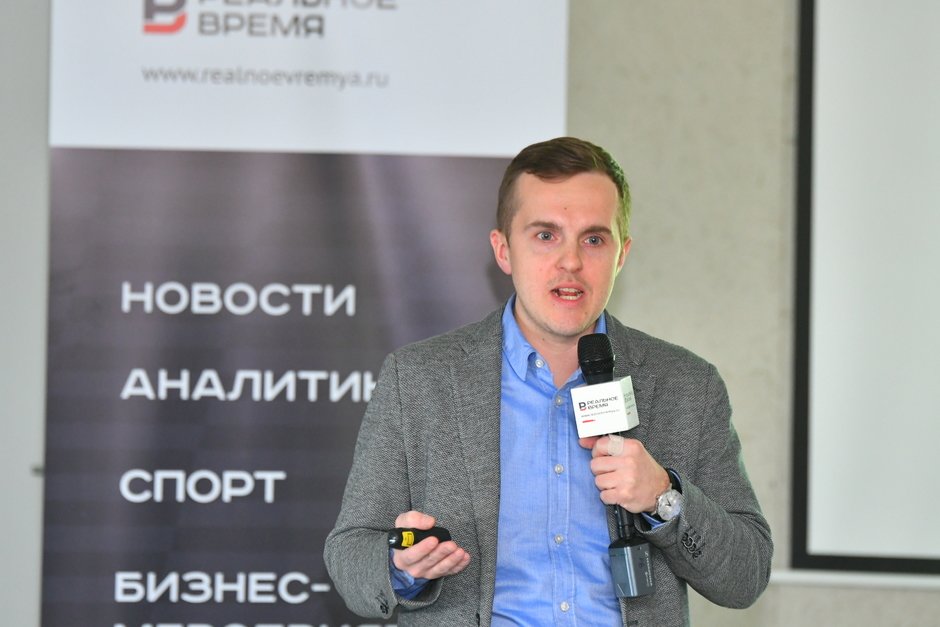
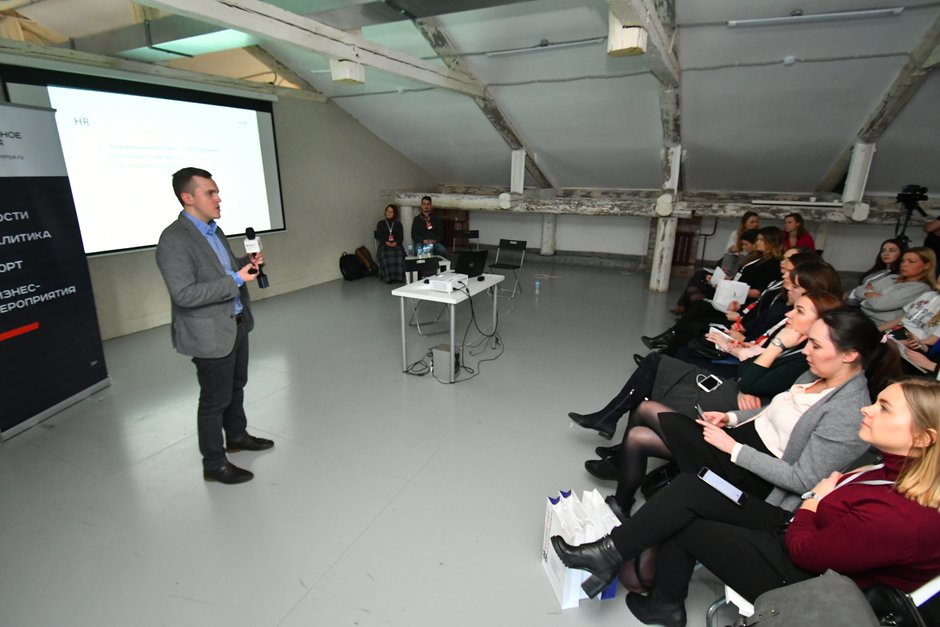
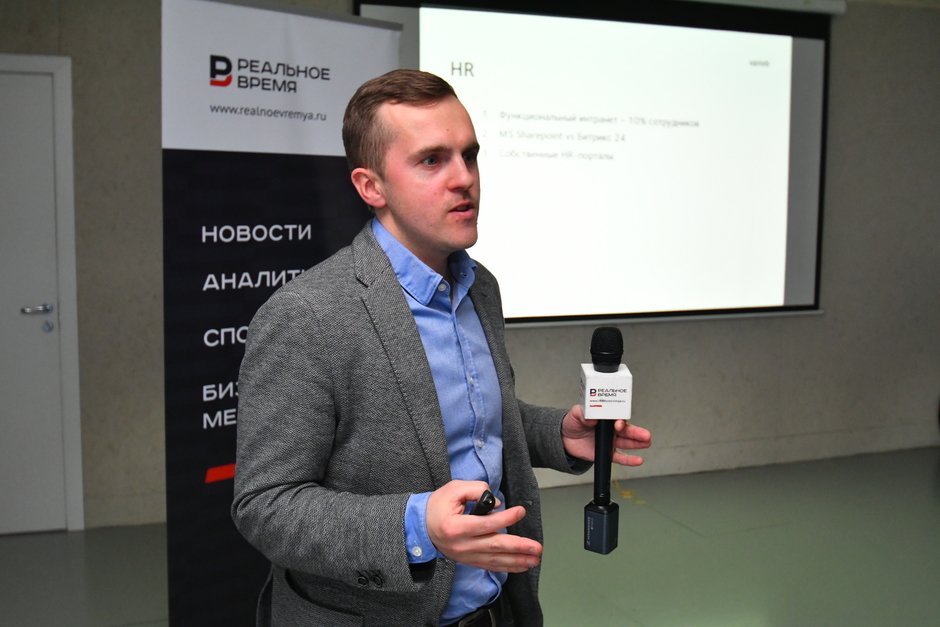
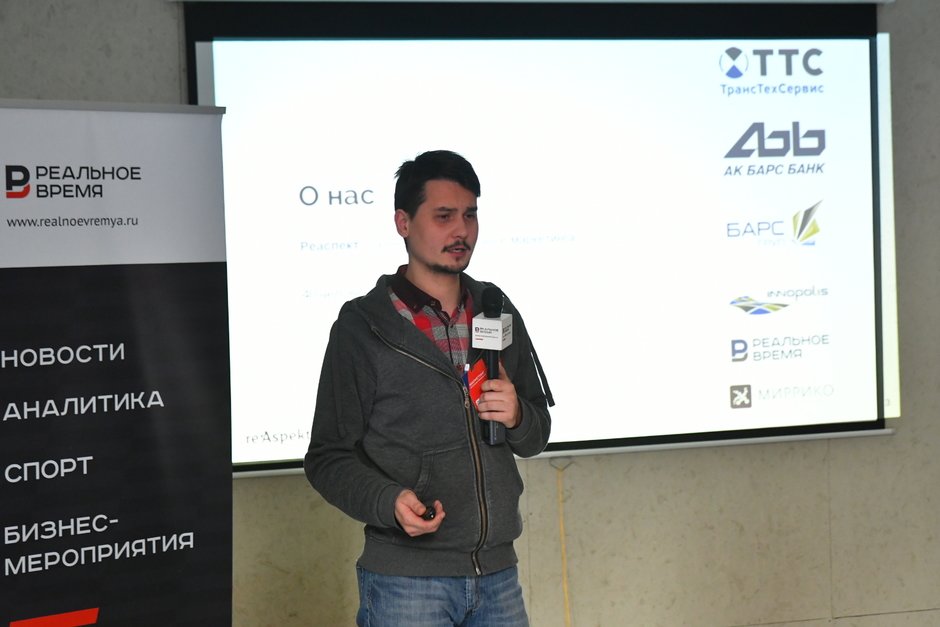

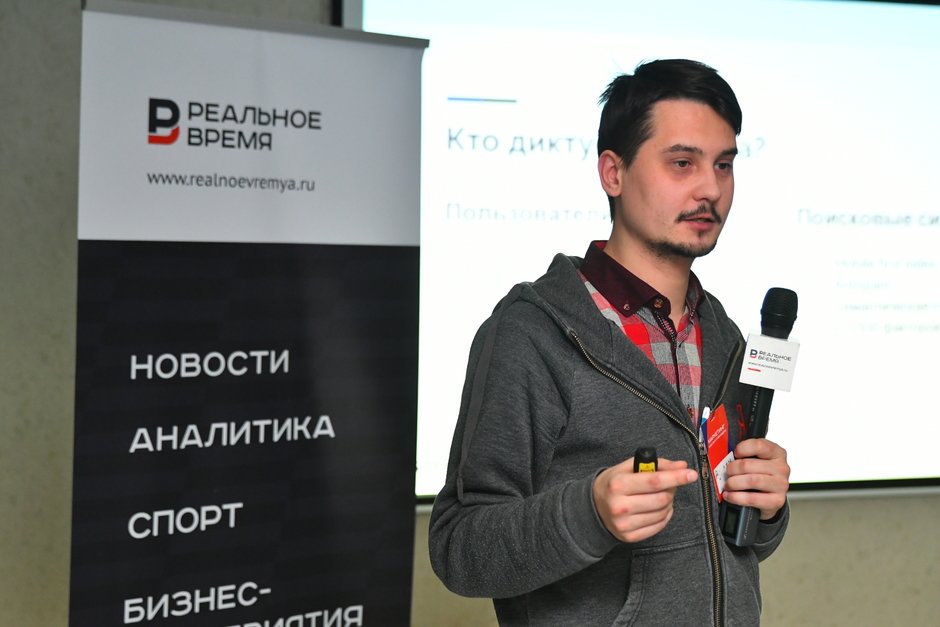
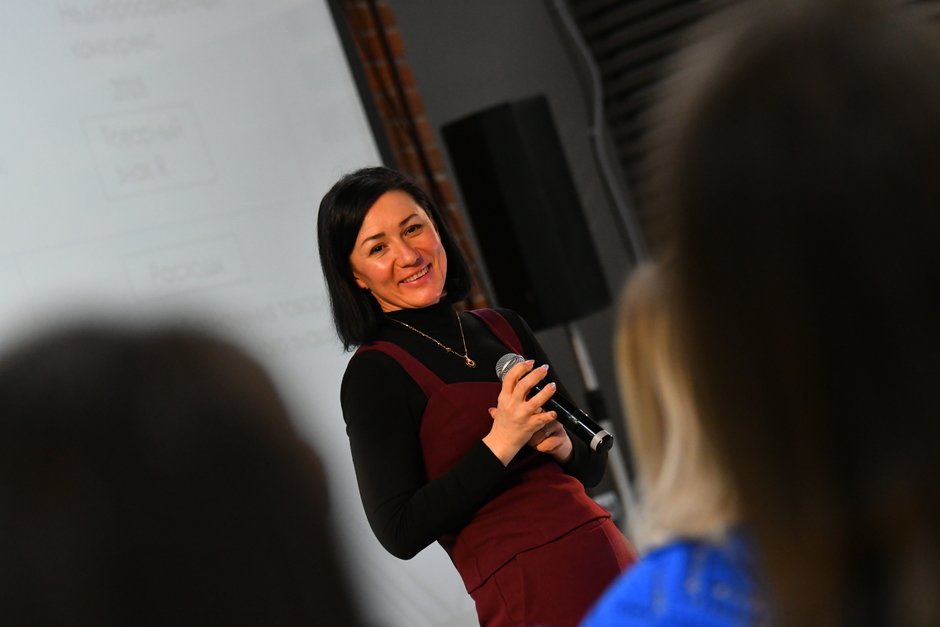
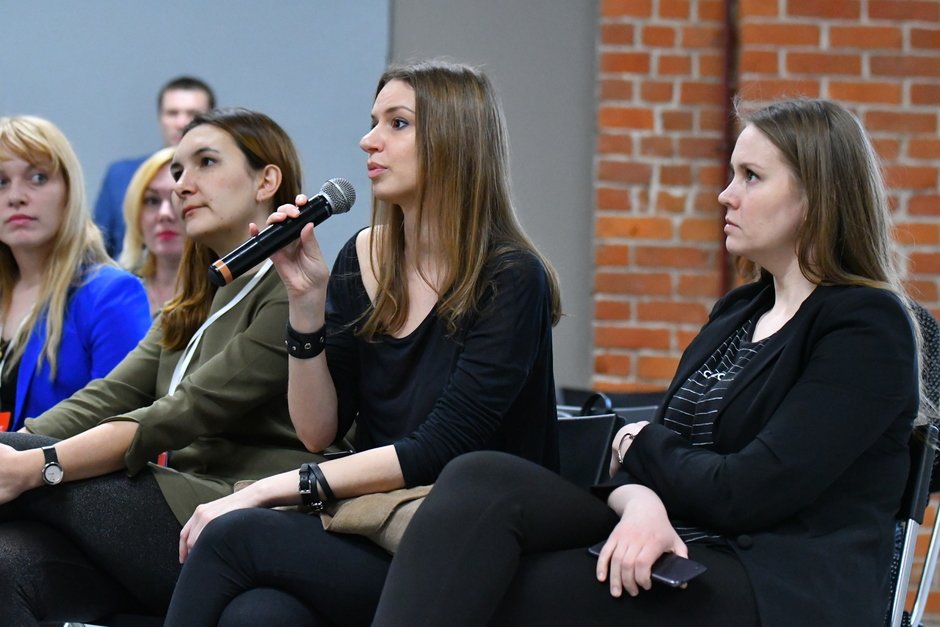

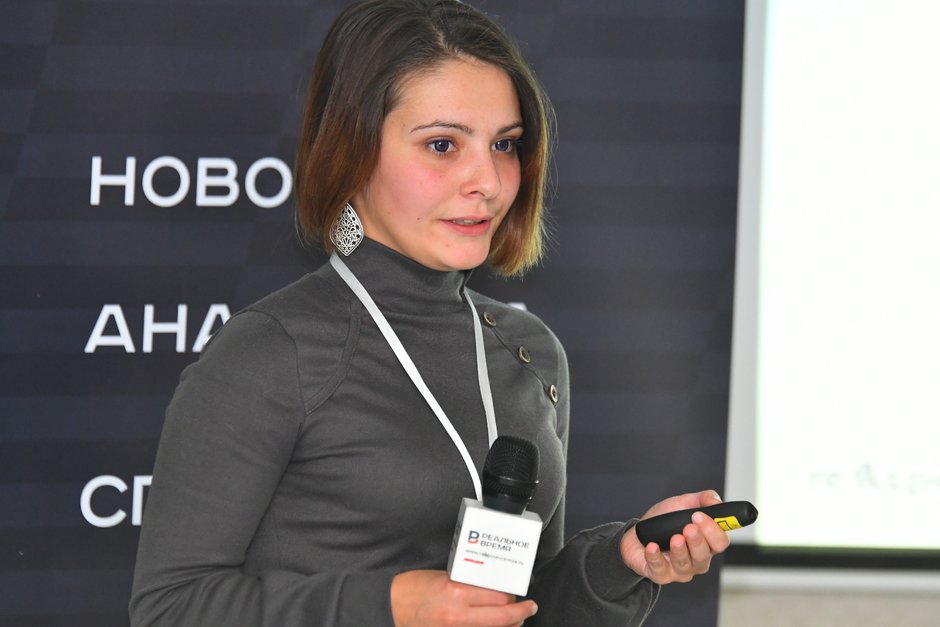

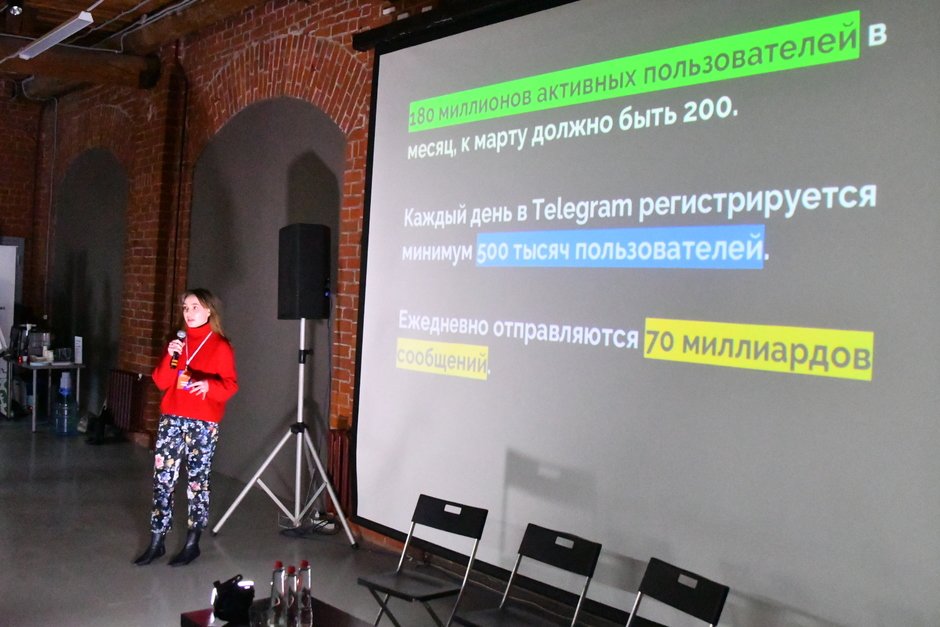

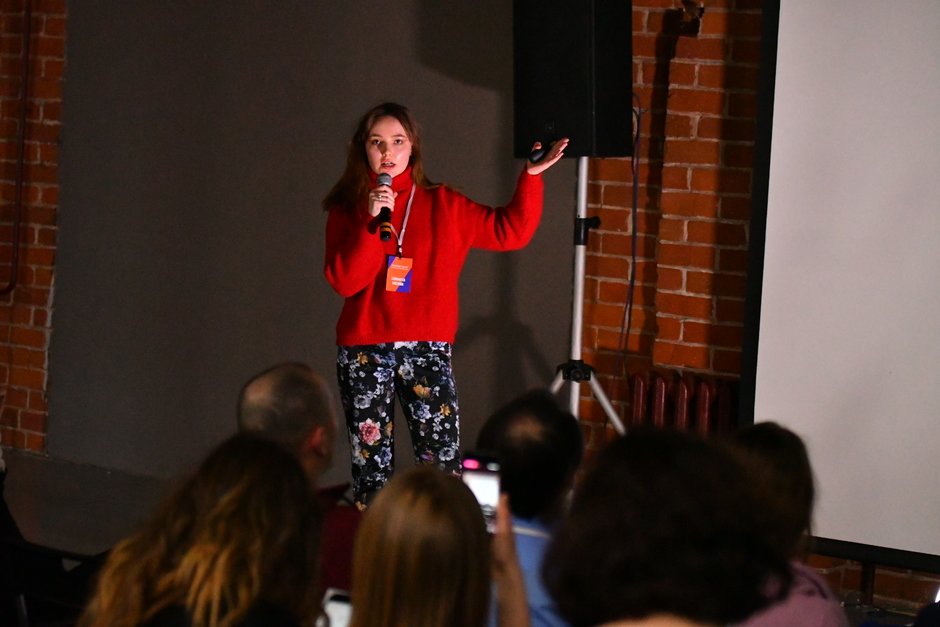
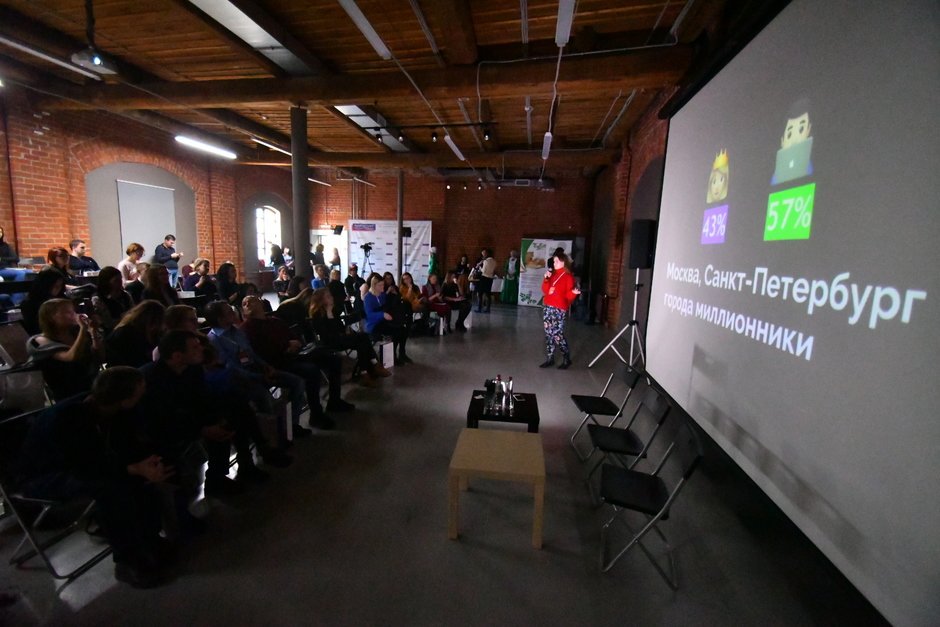
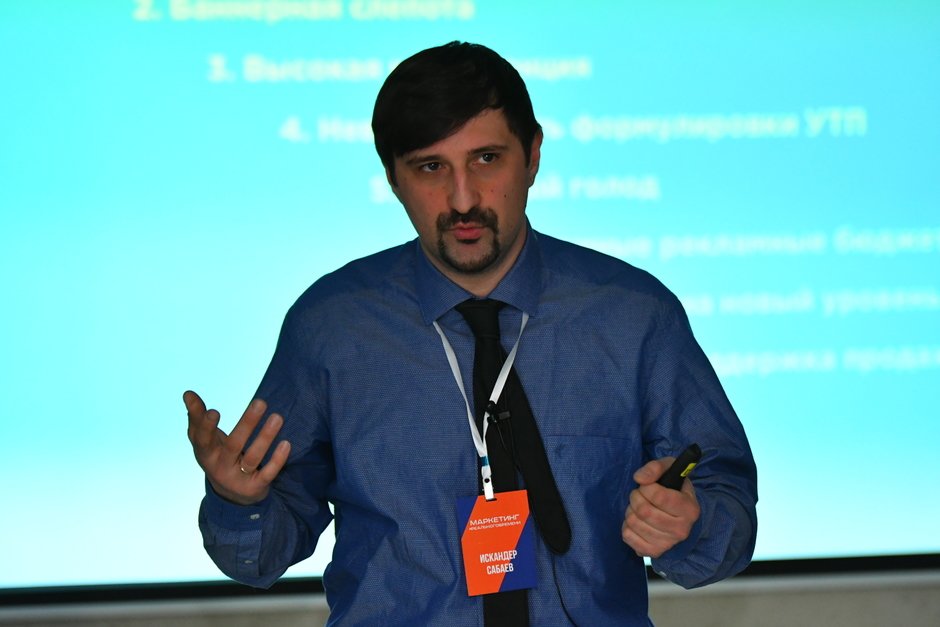

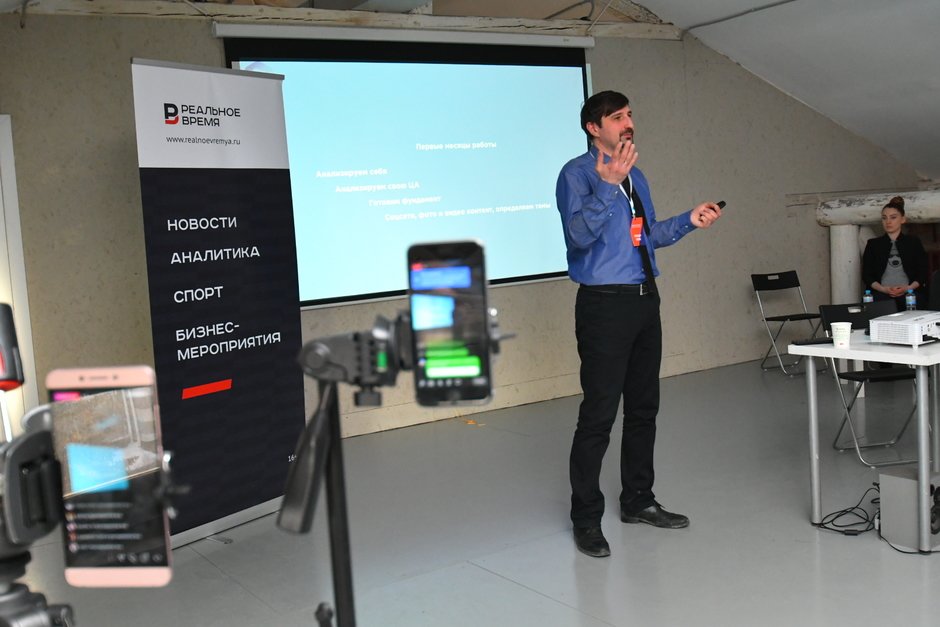

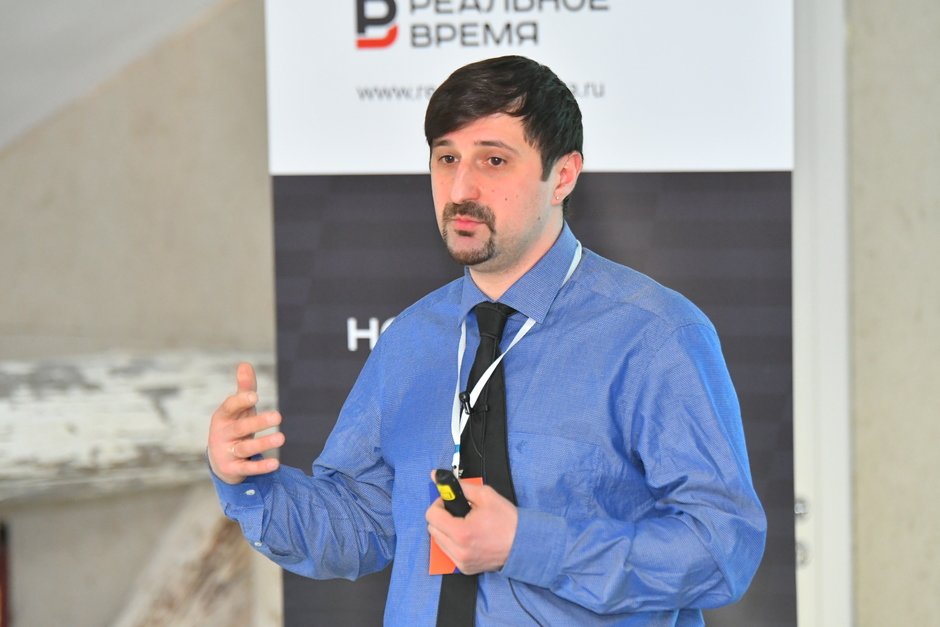
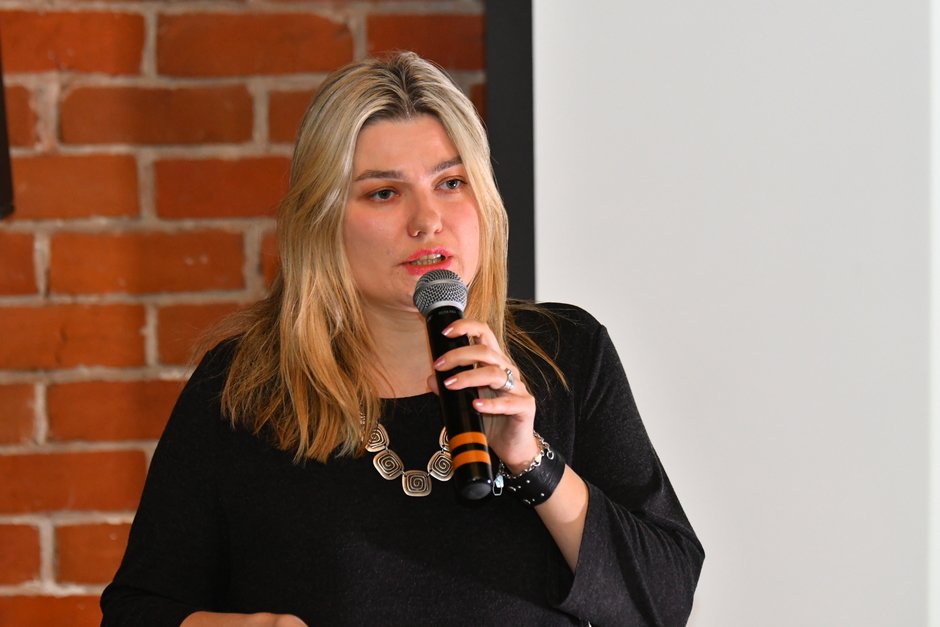
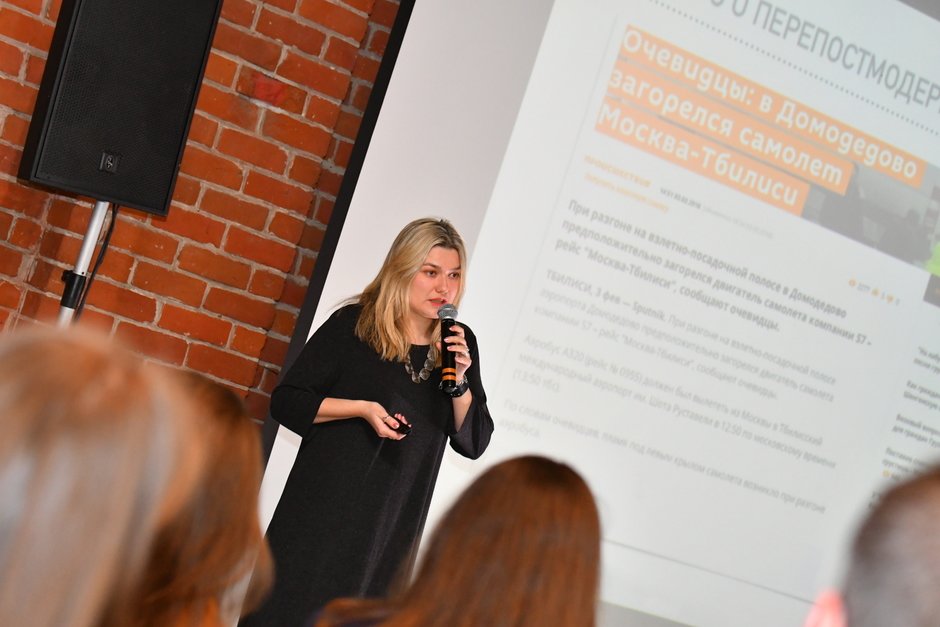
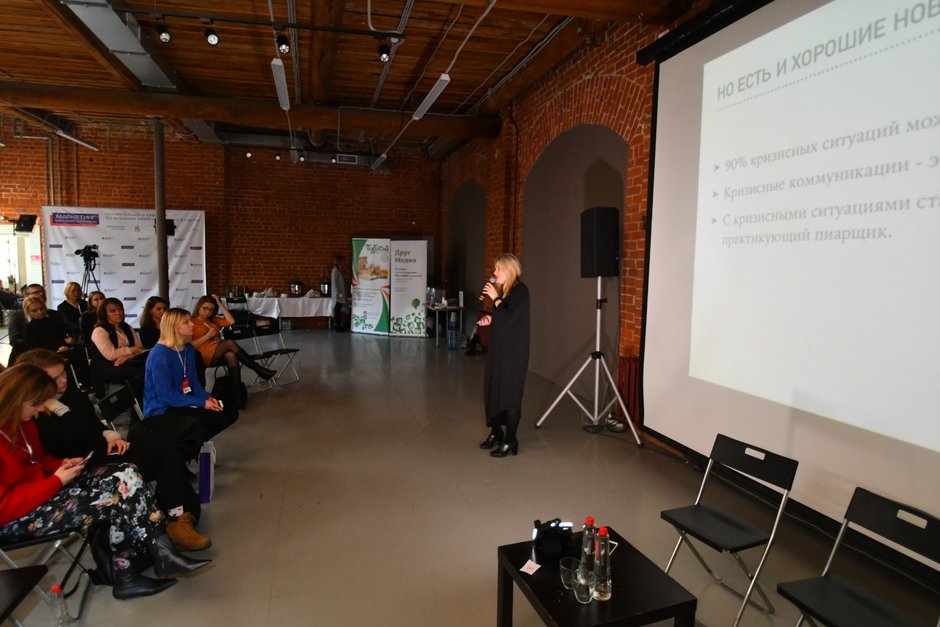
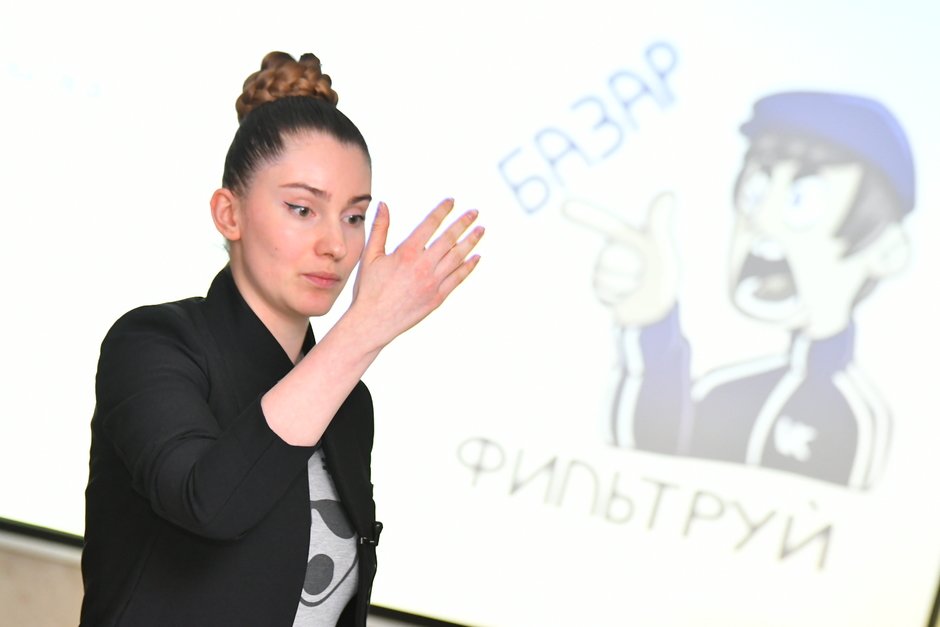
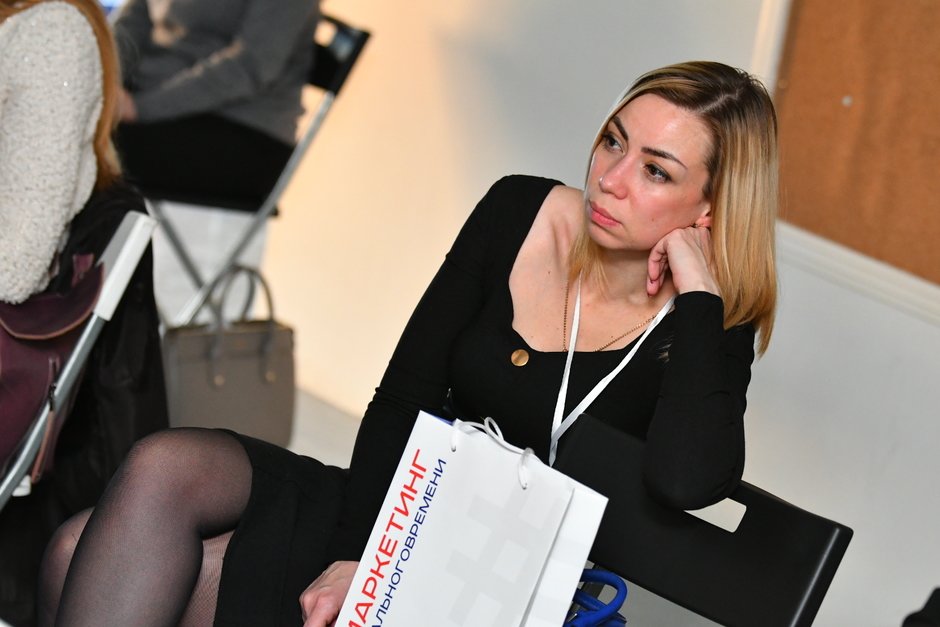
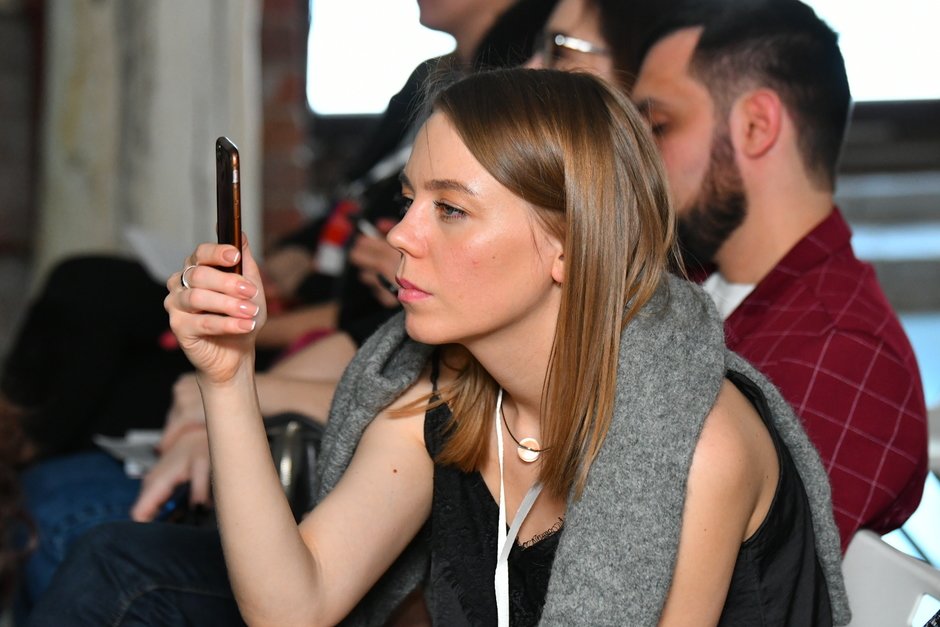

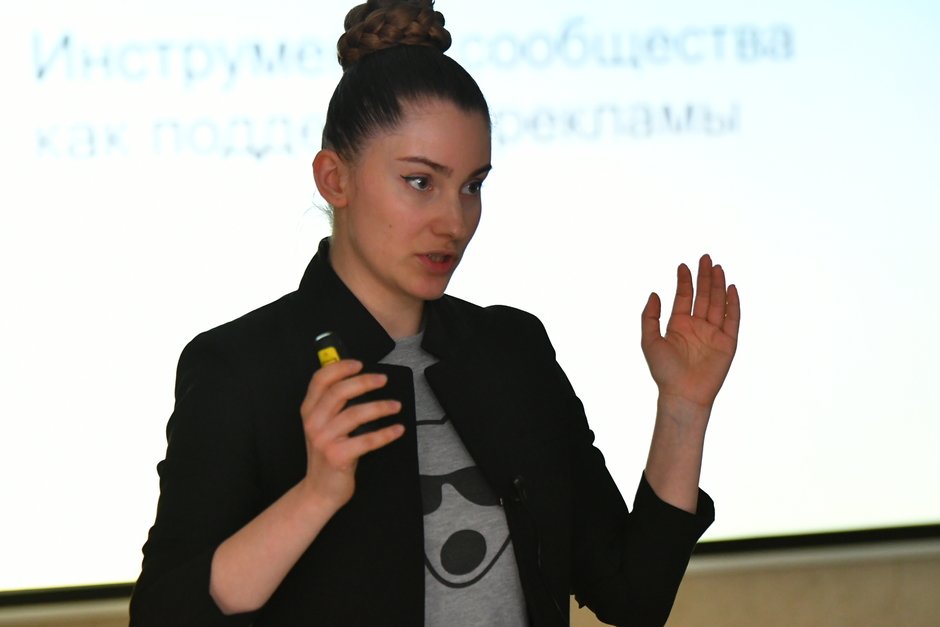
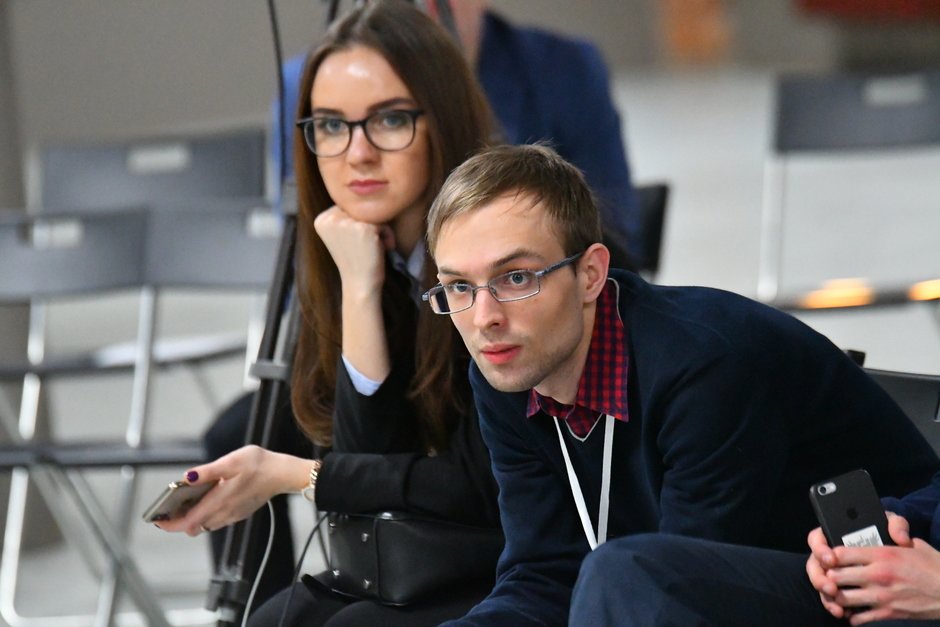
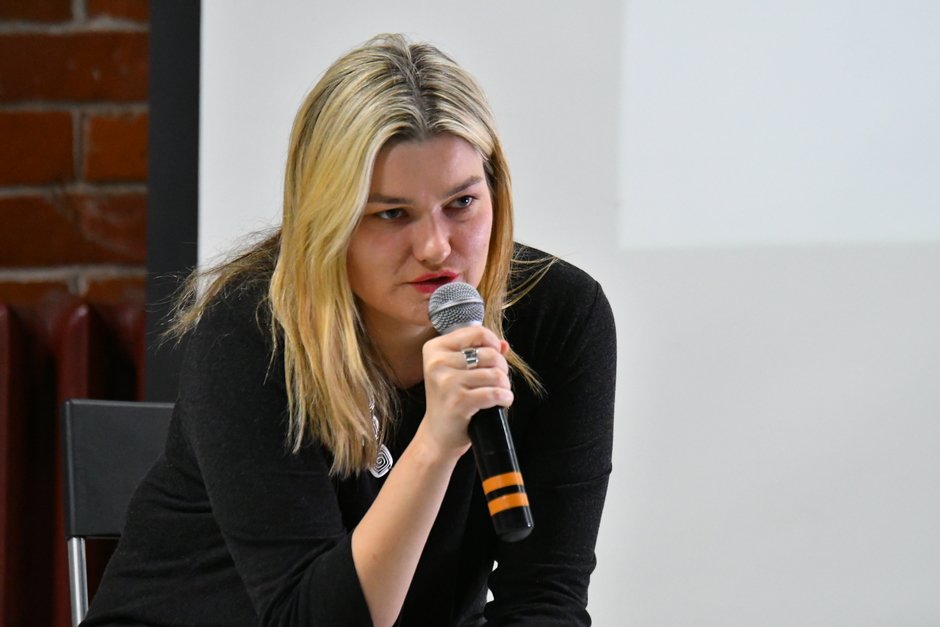
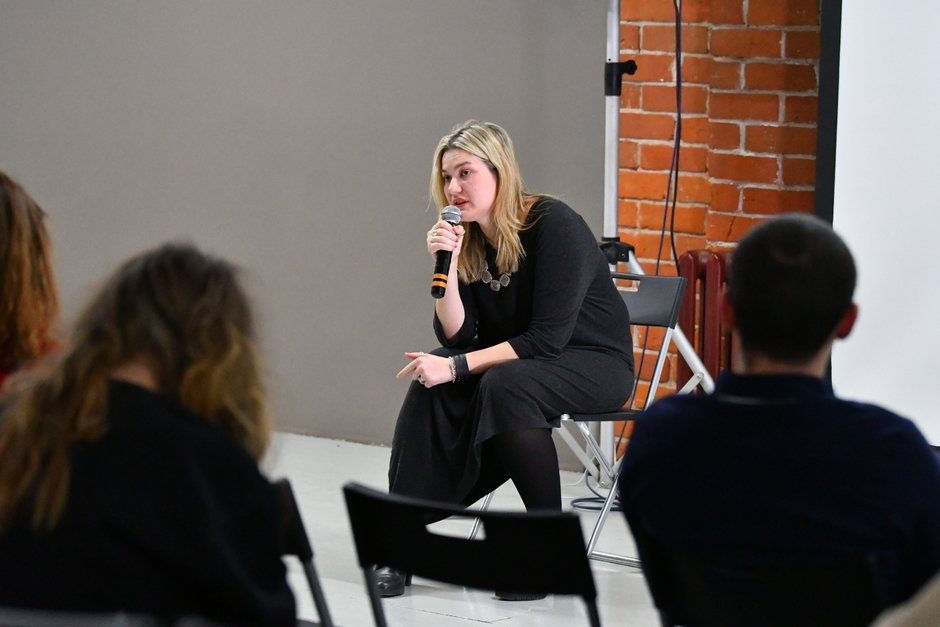

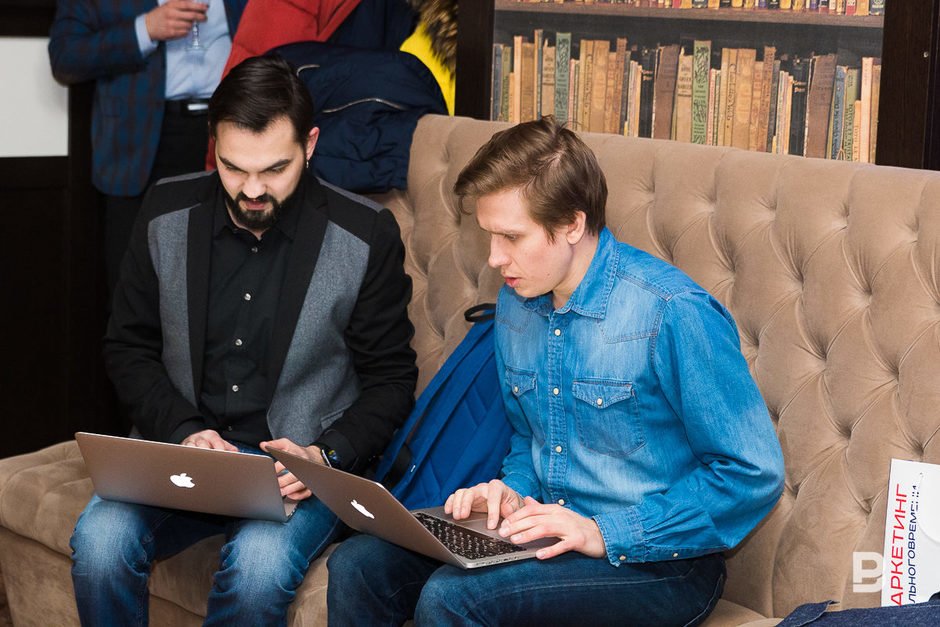

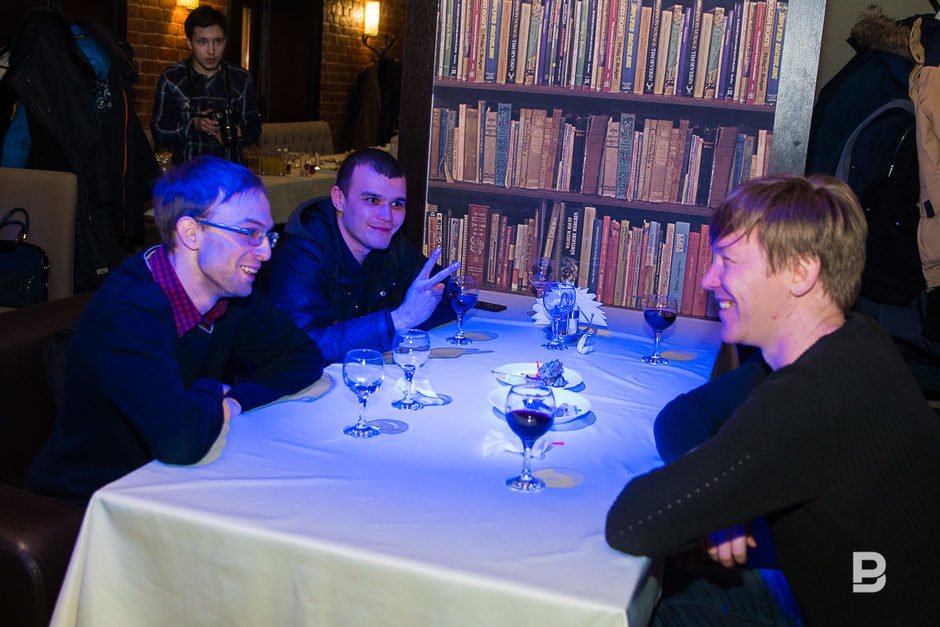


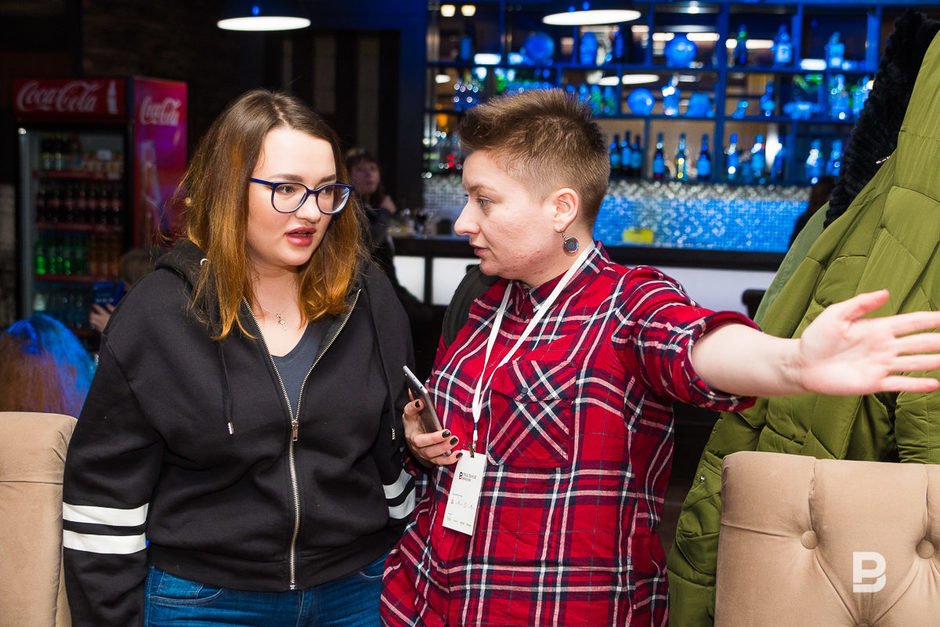
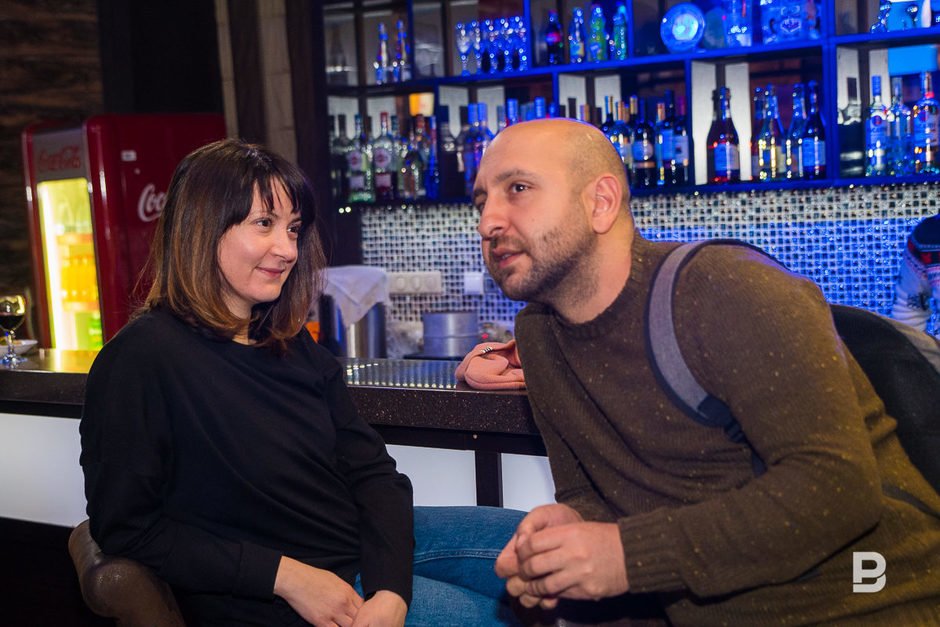
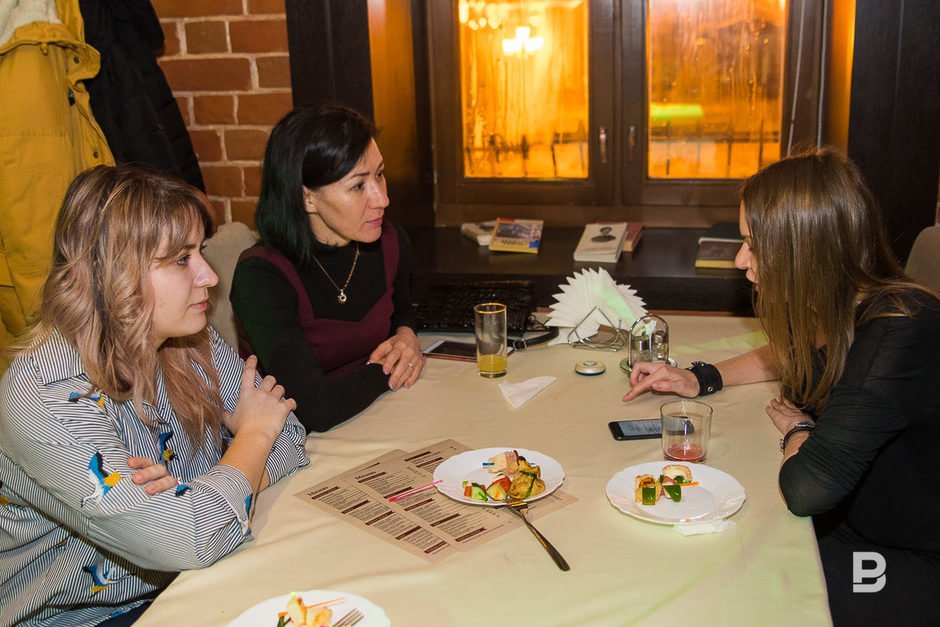
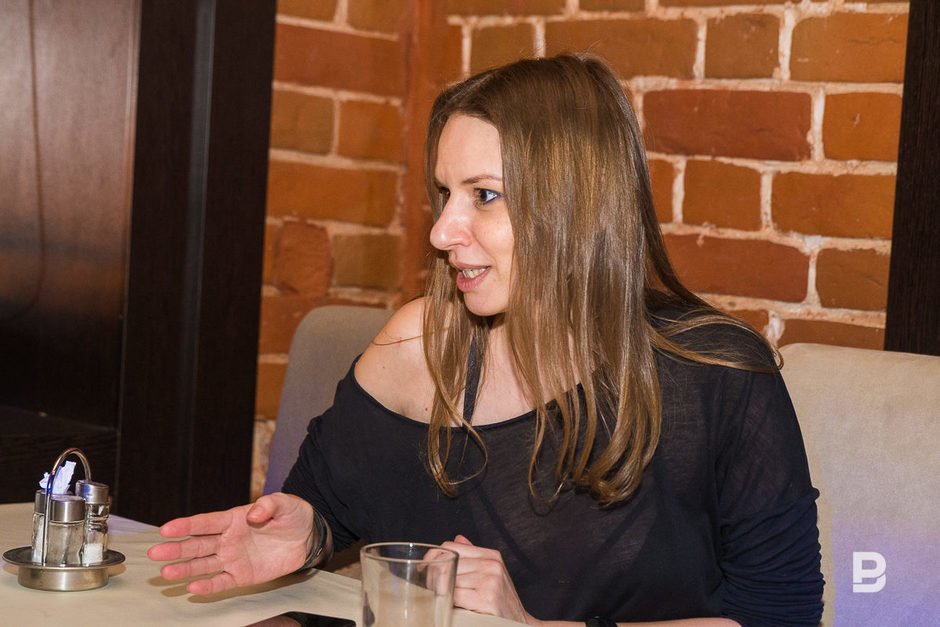
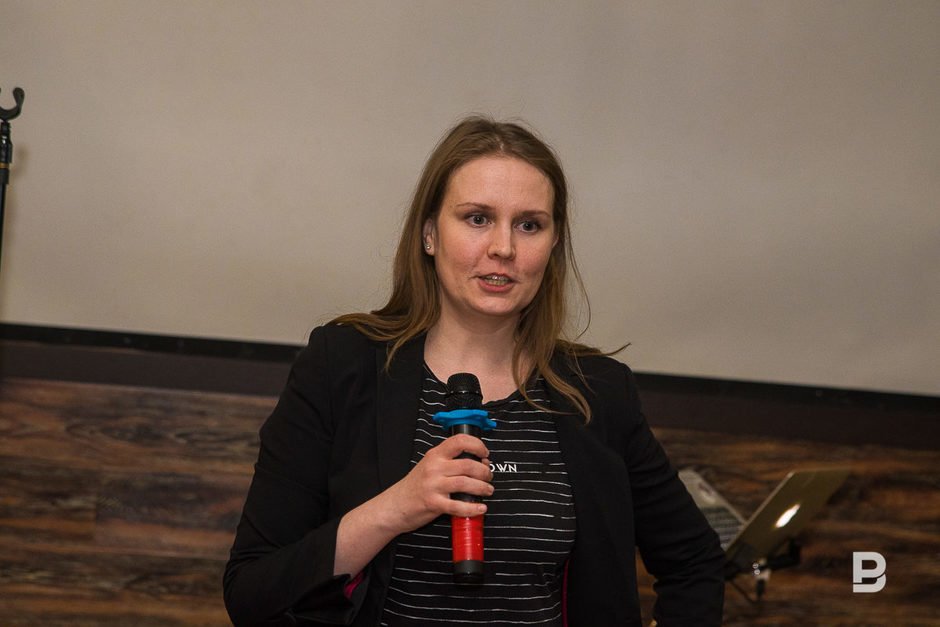
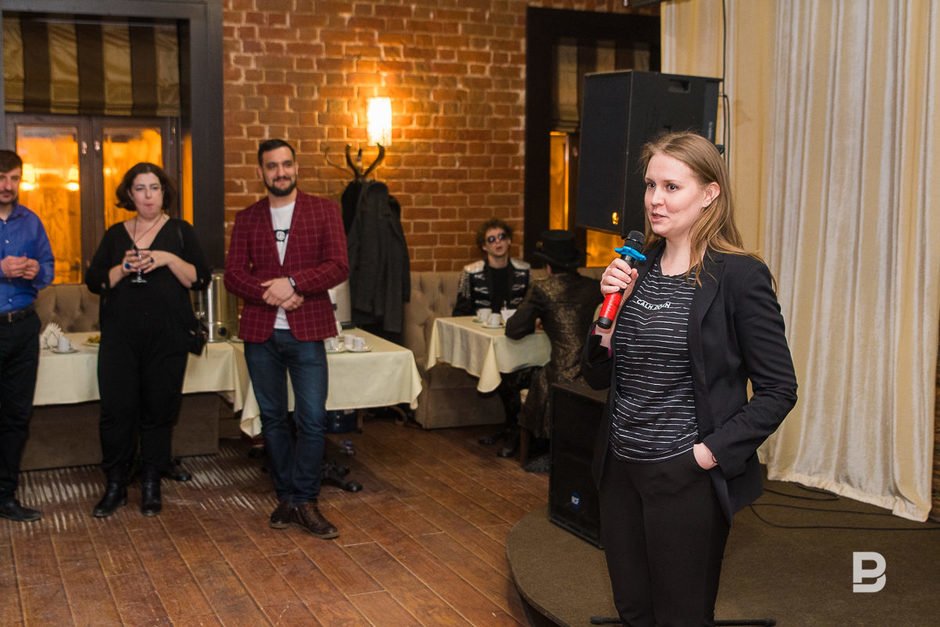



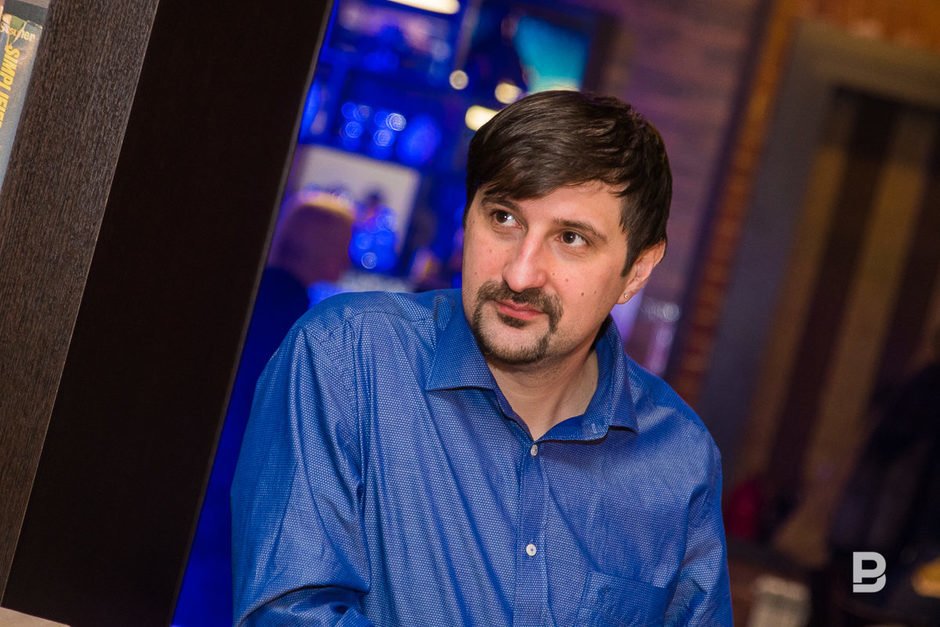
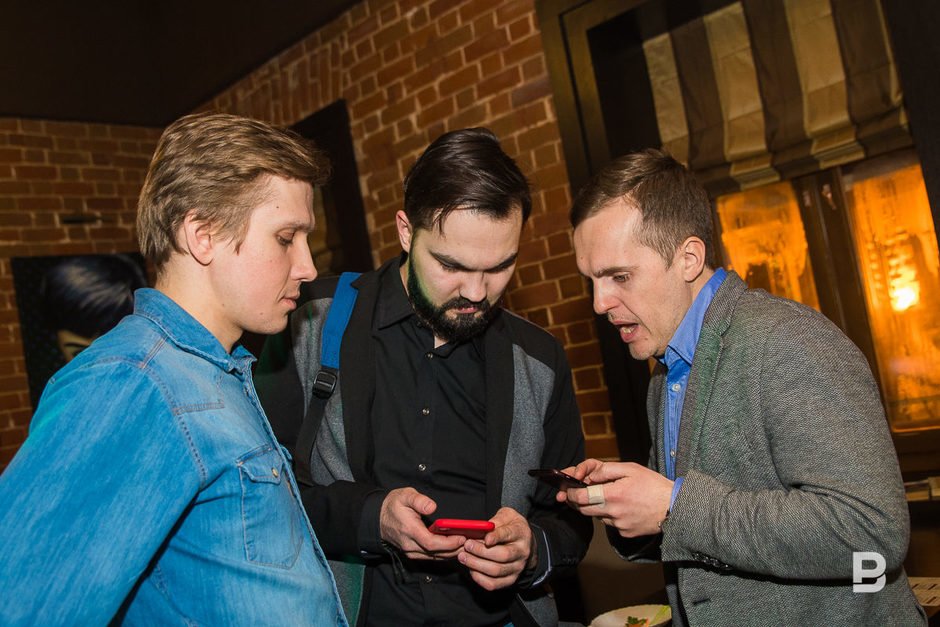
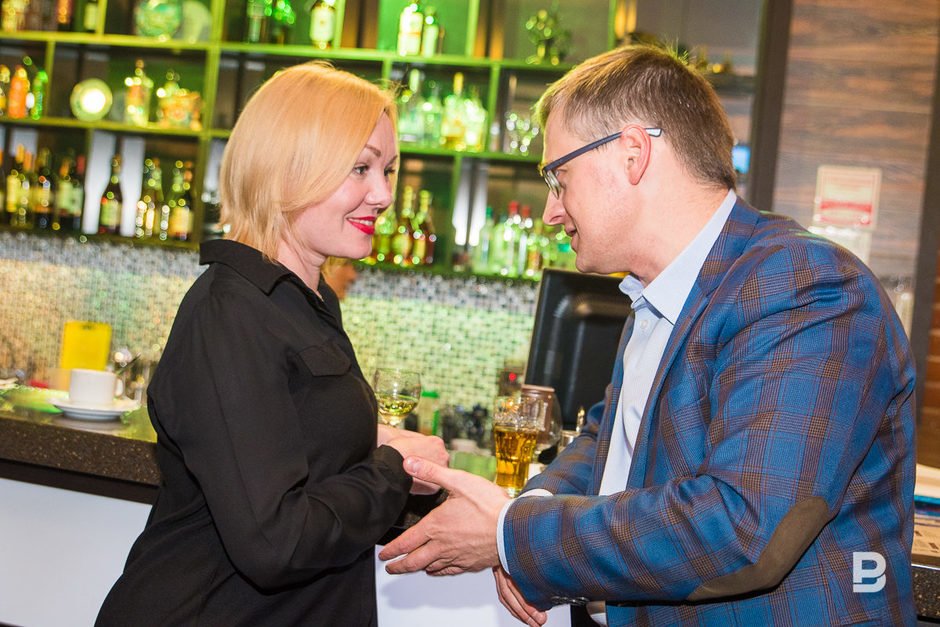
Official partners:
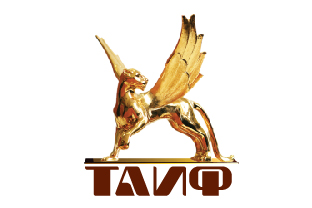 | 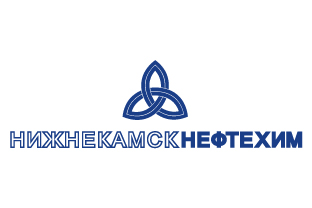 | 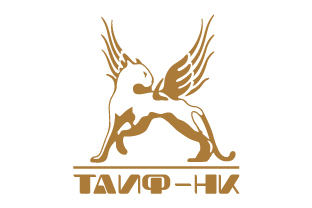 | 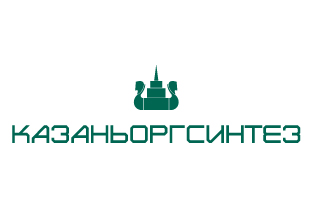 |